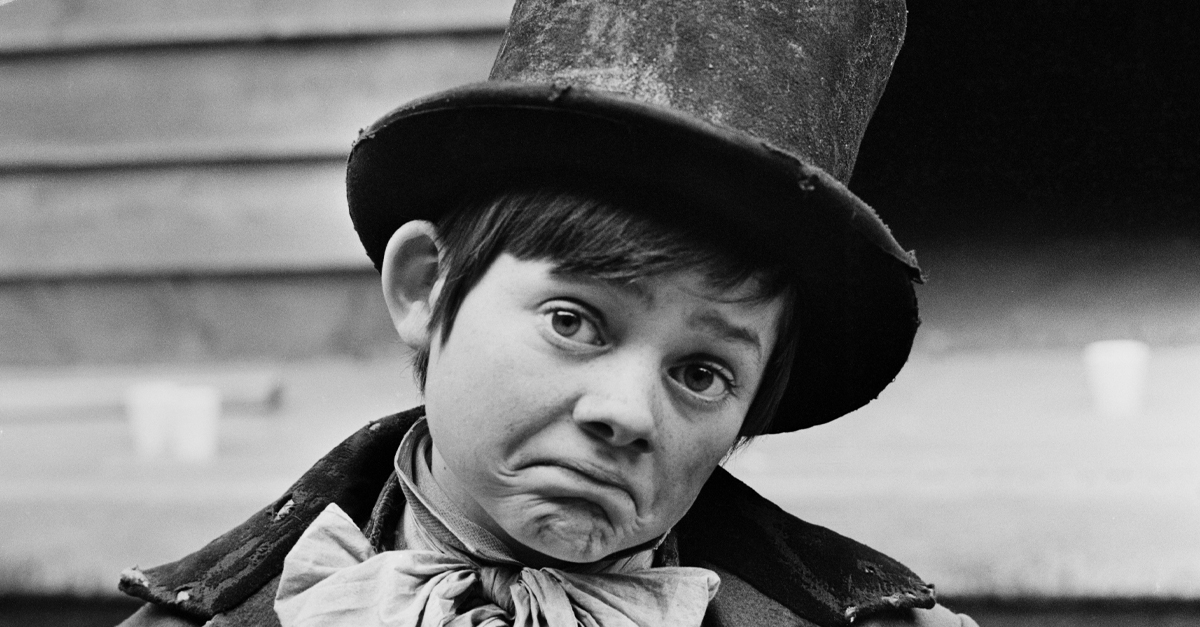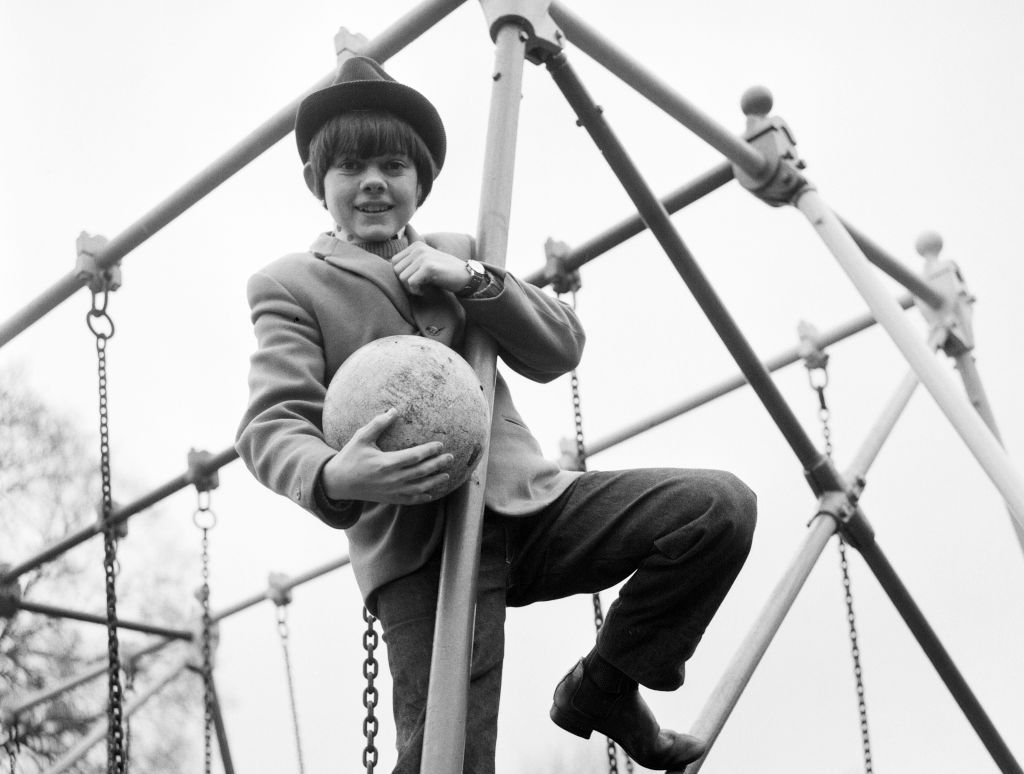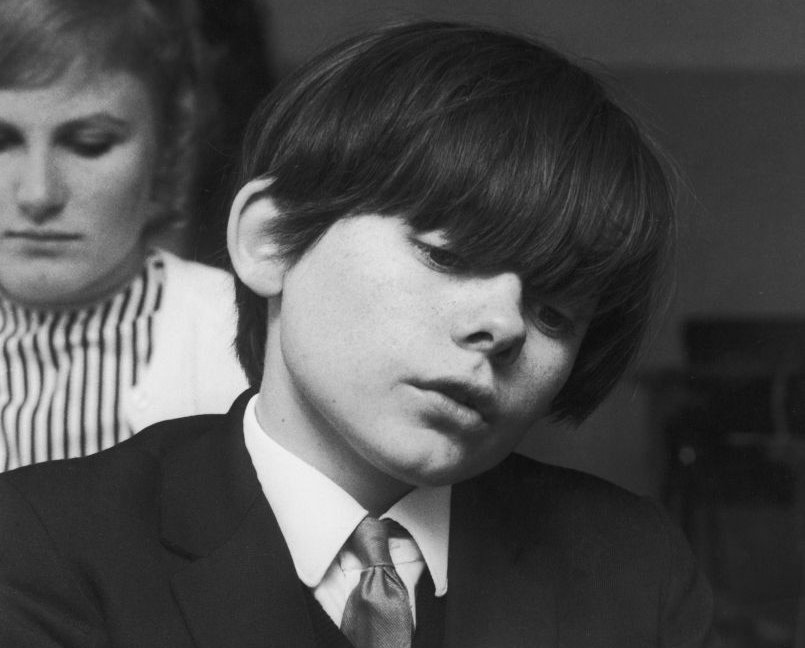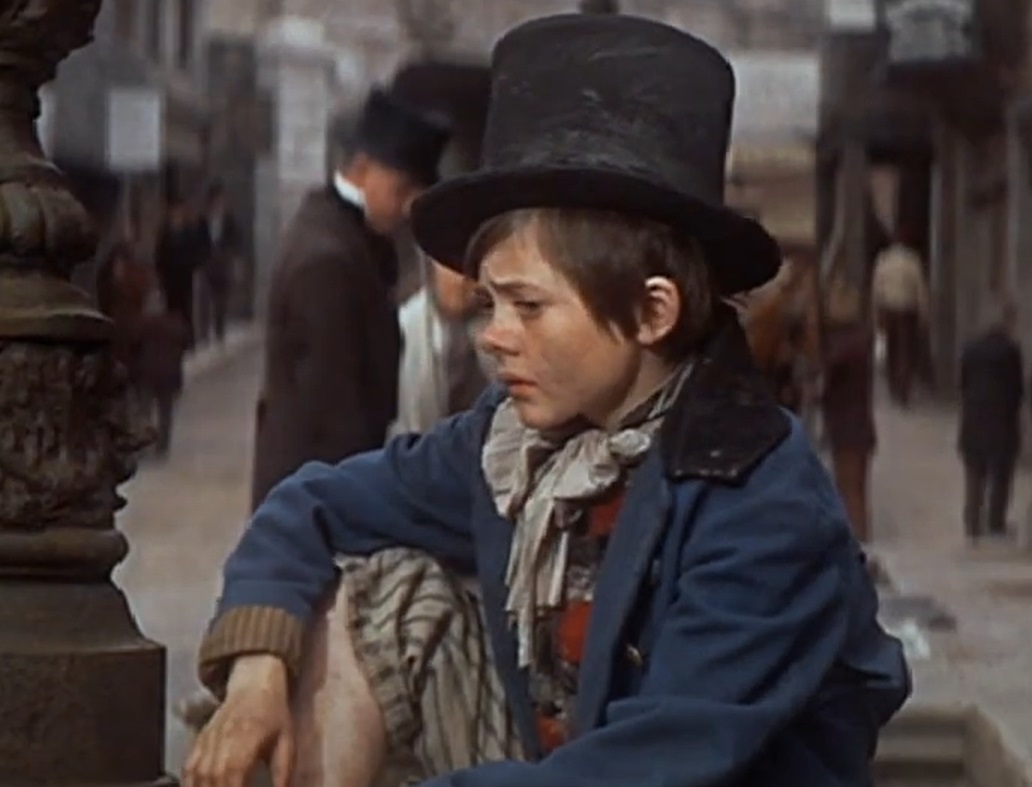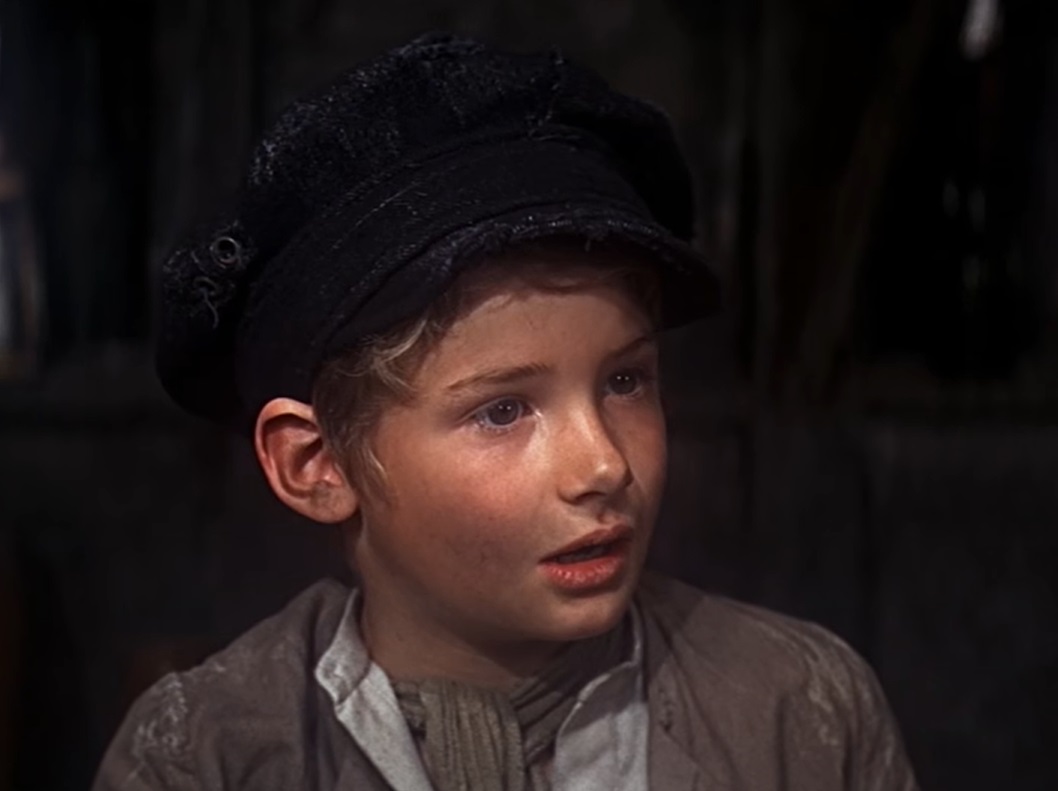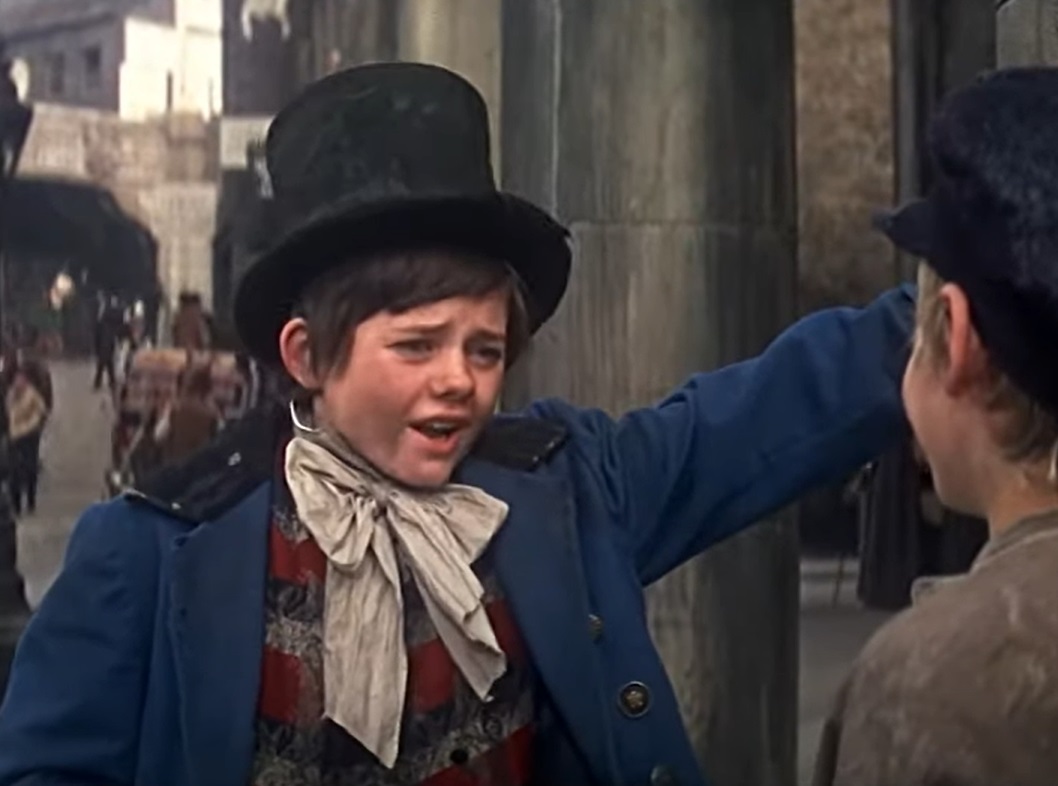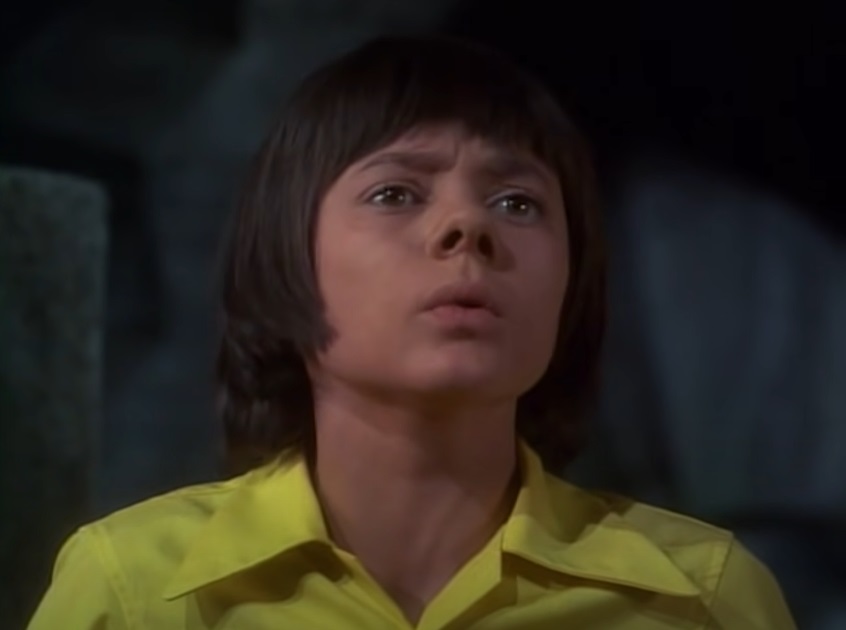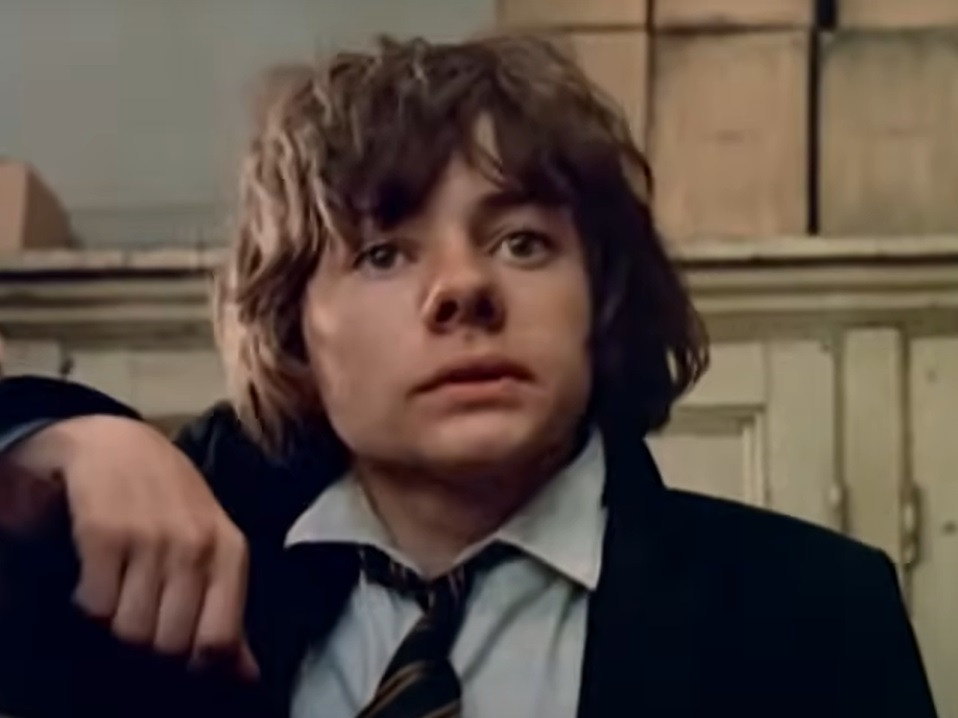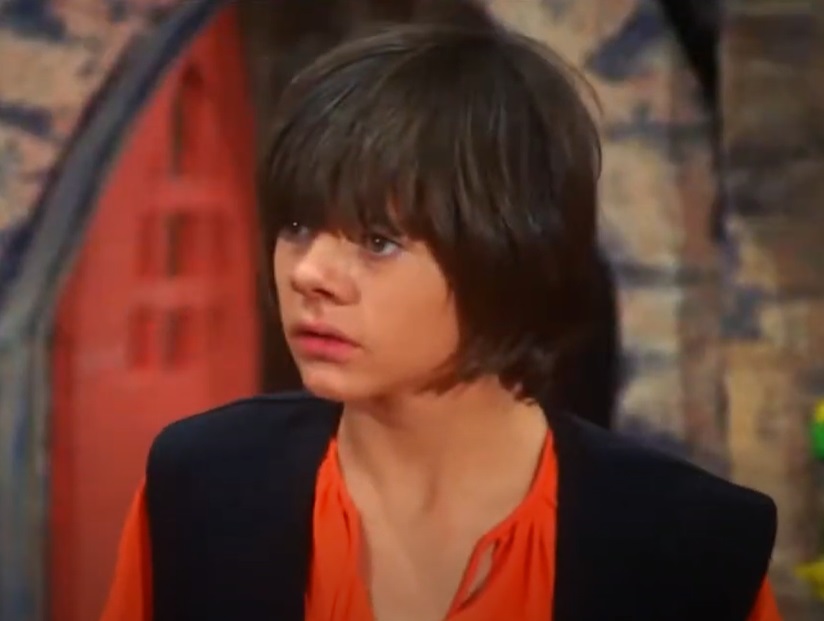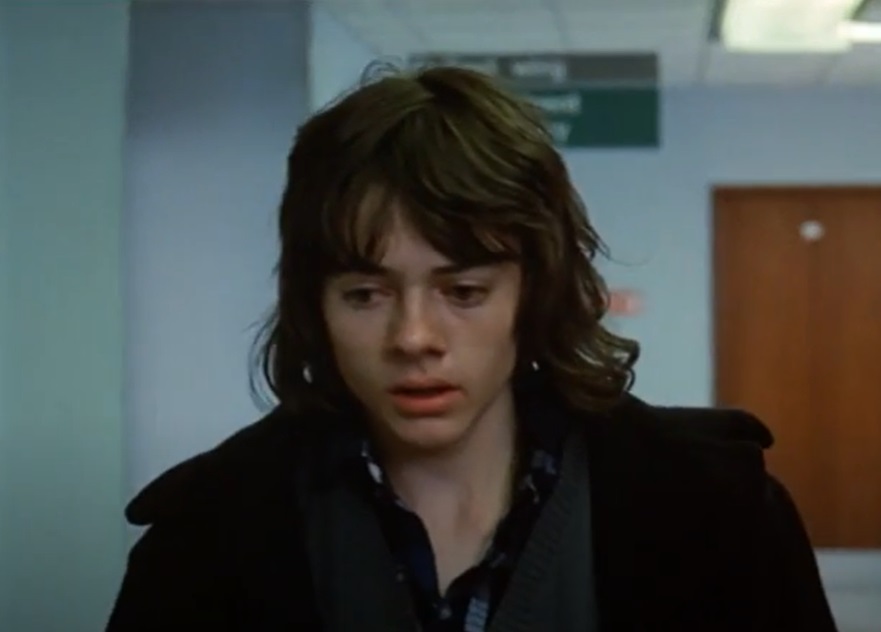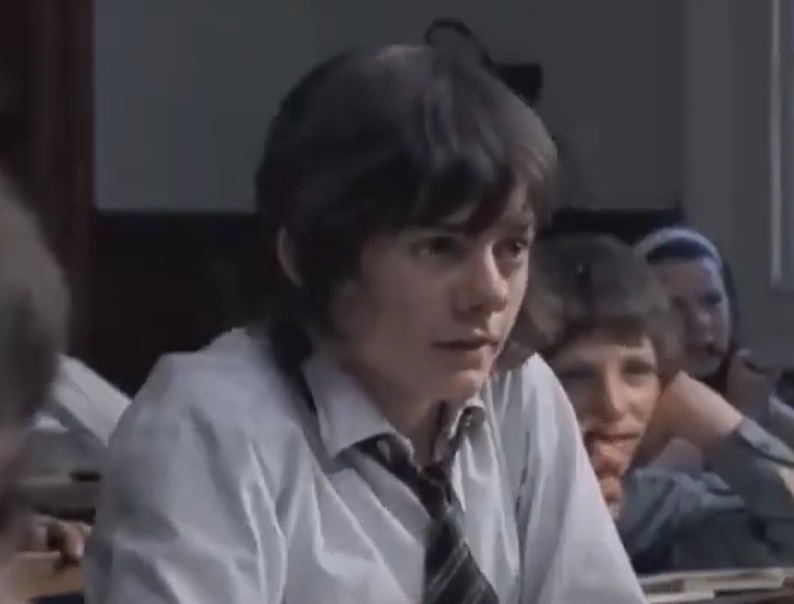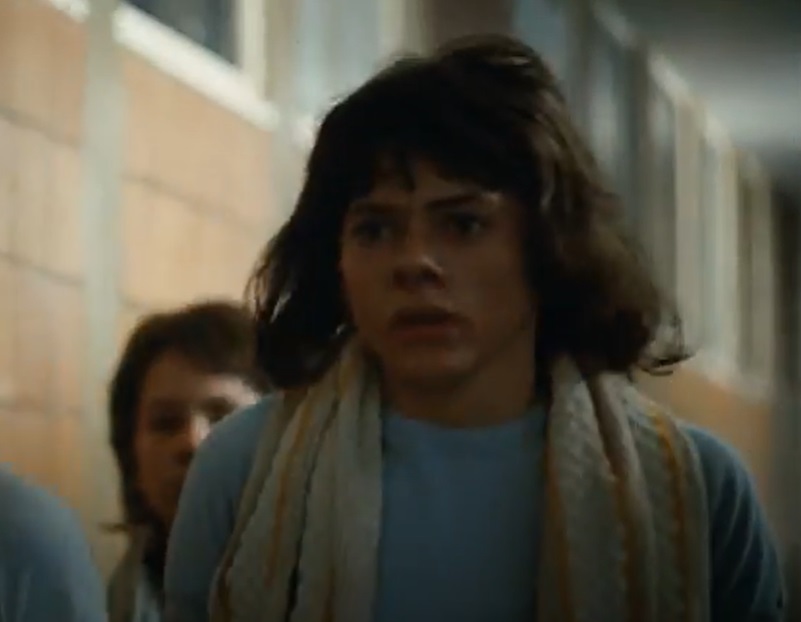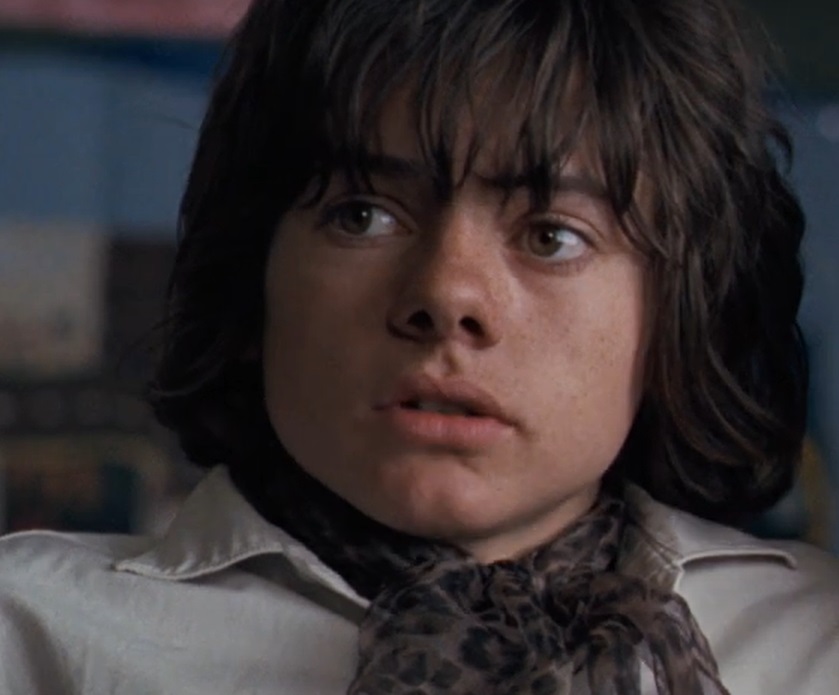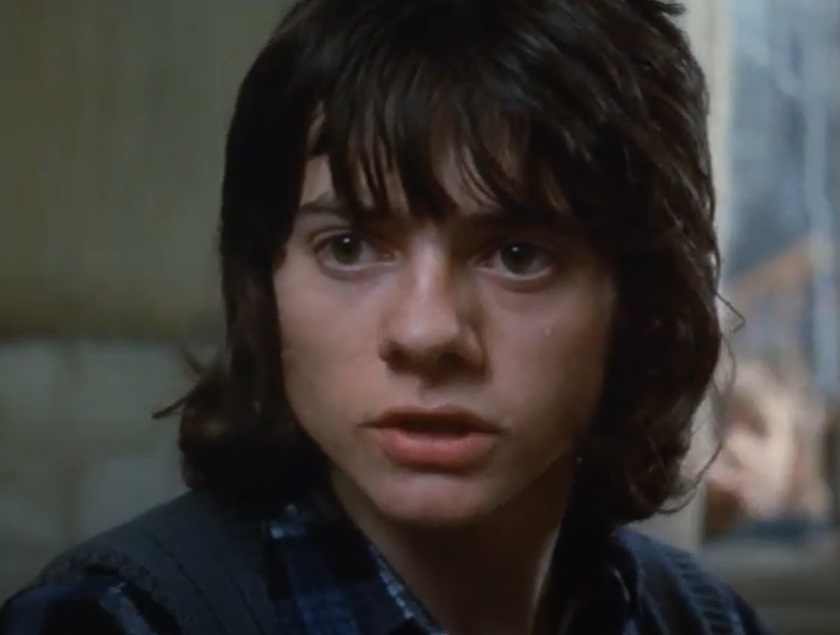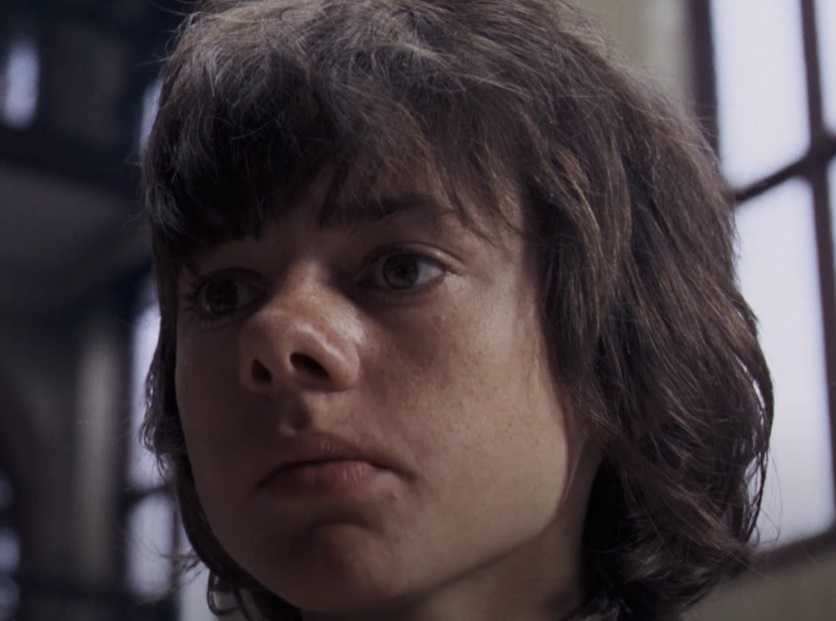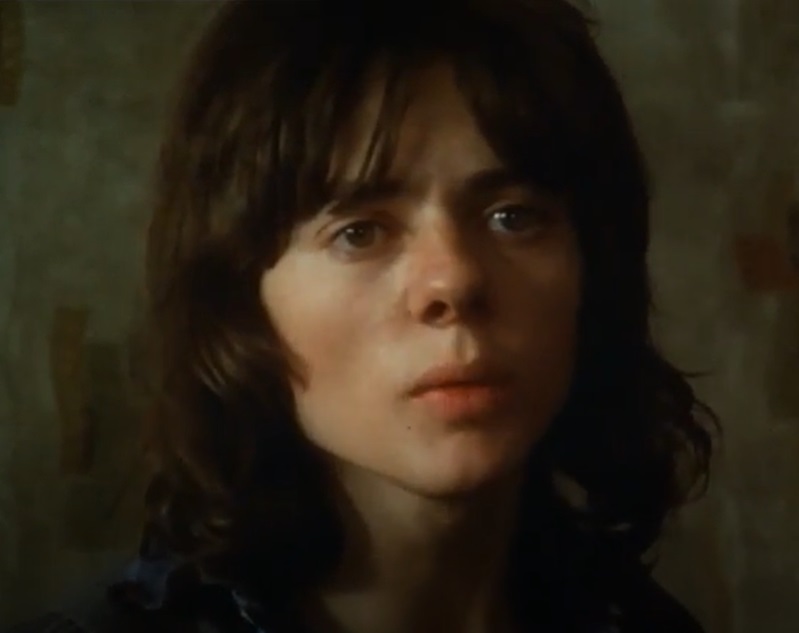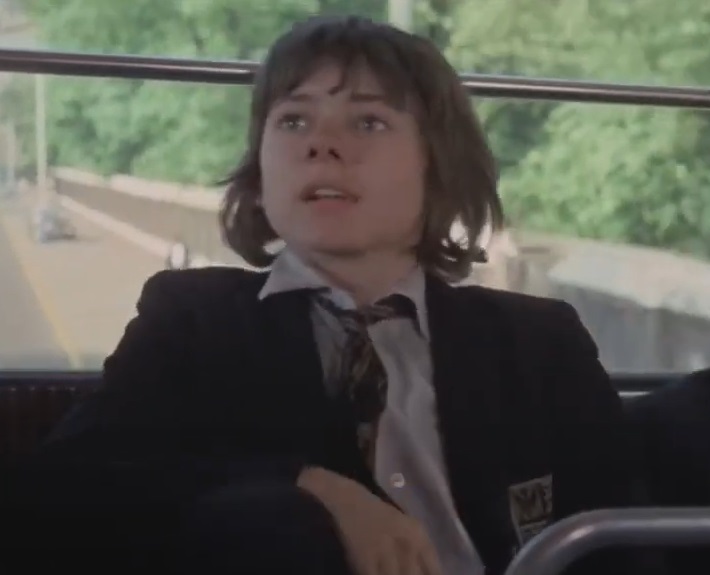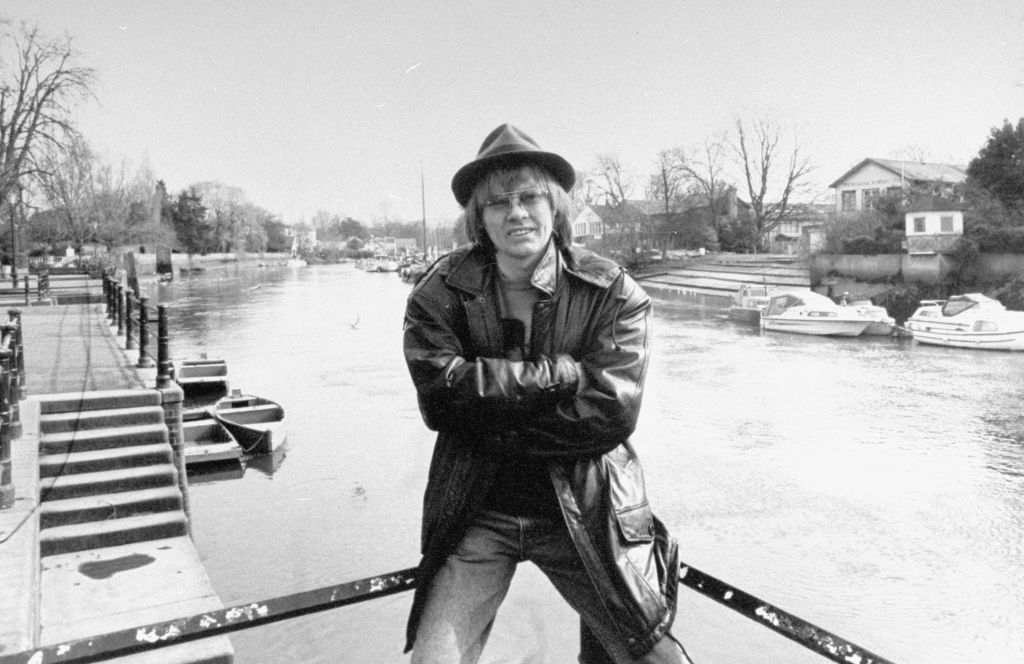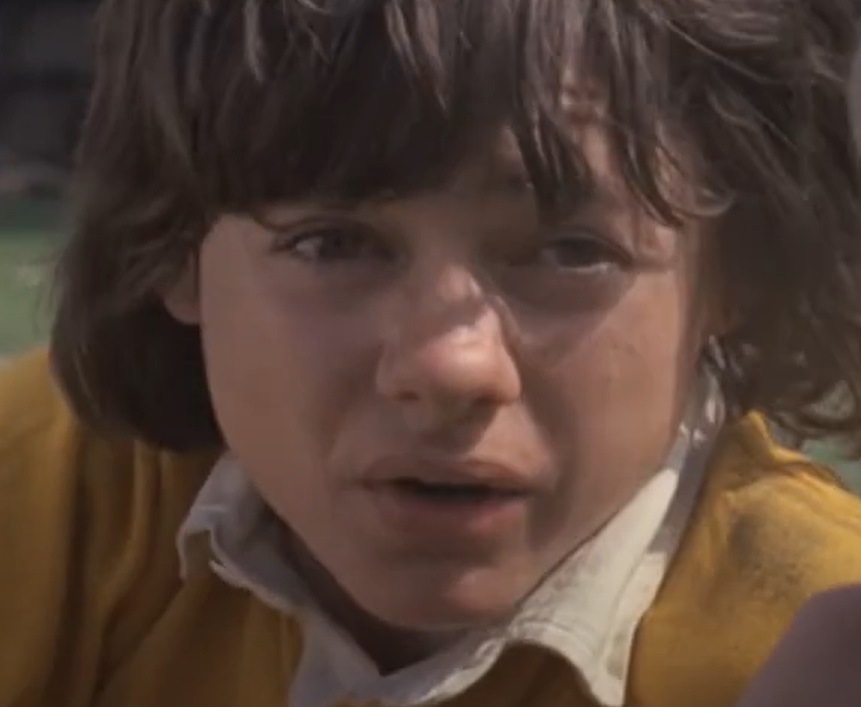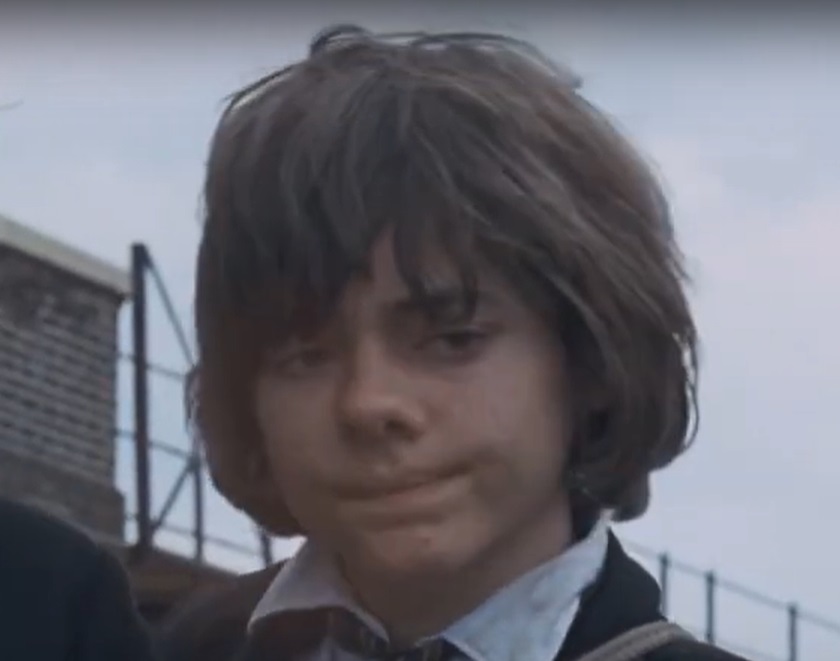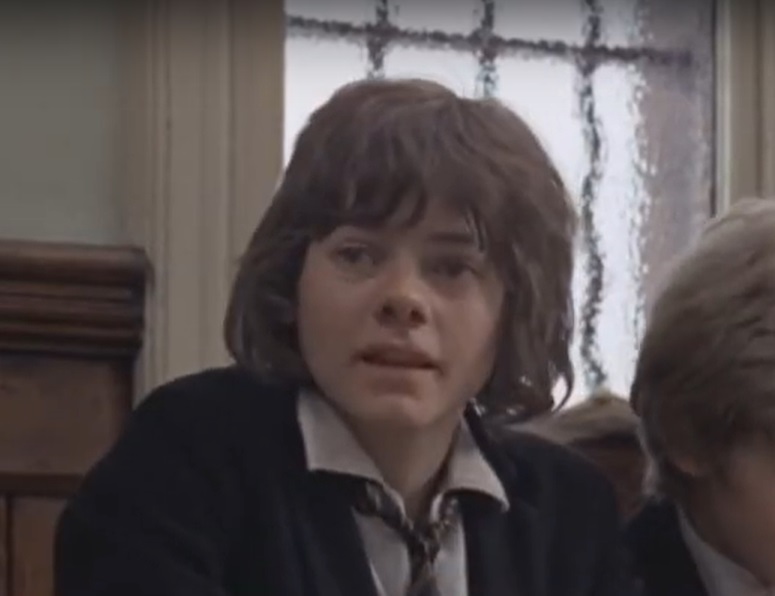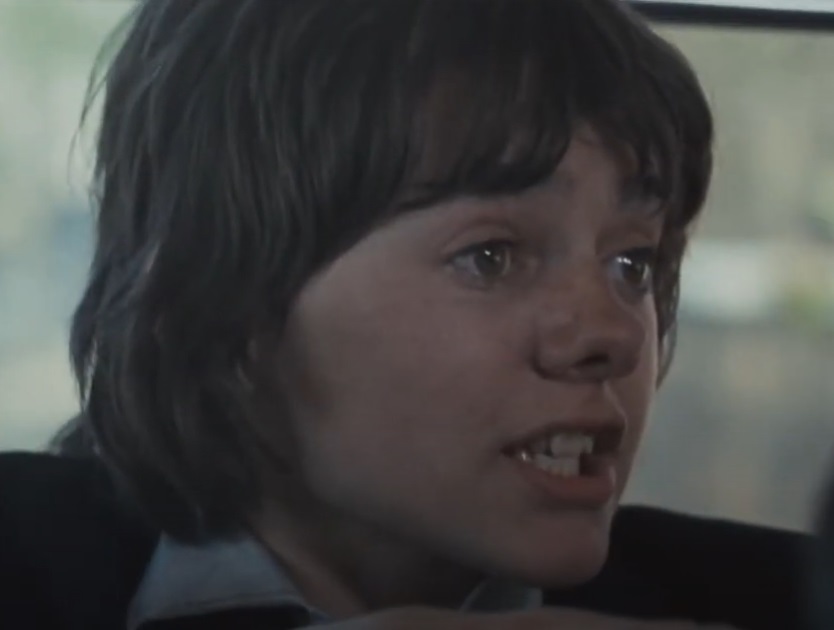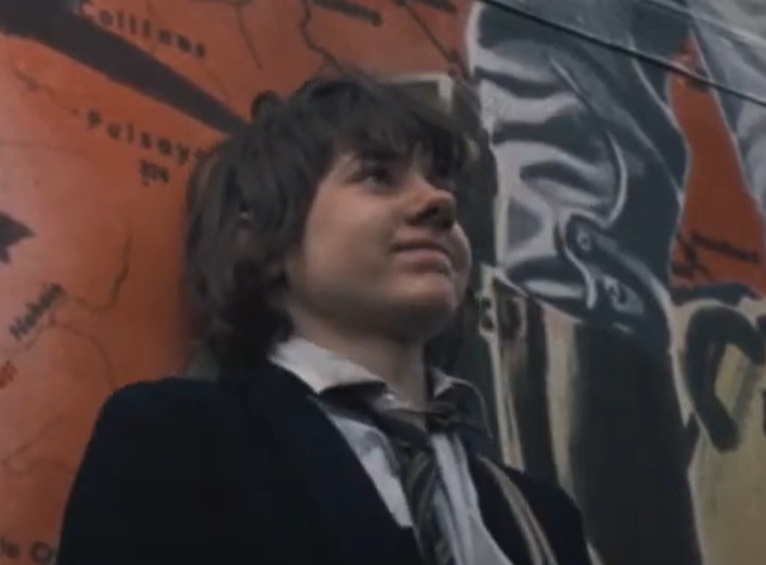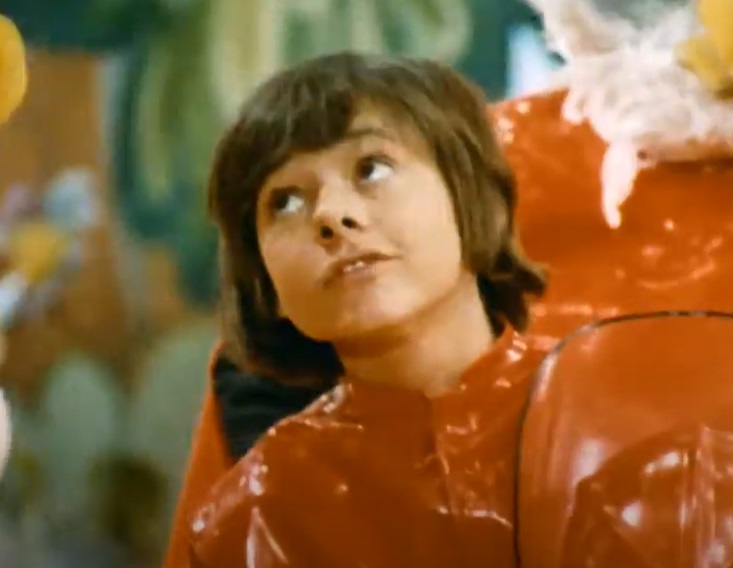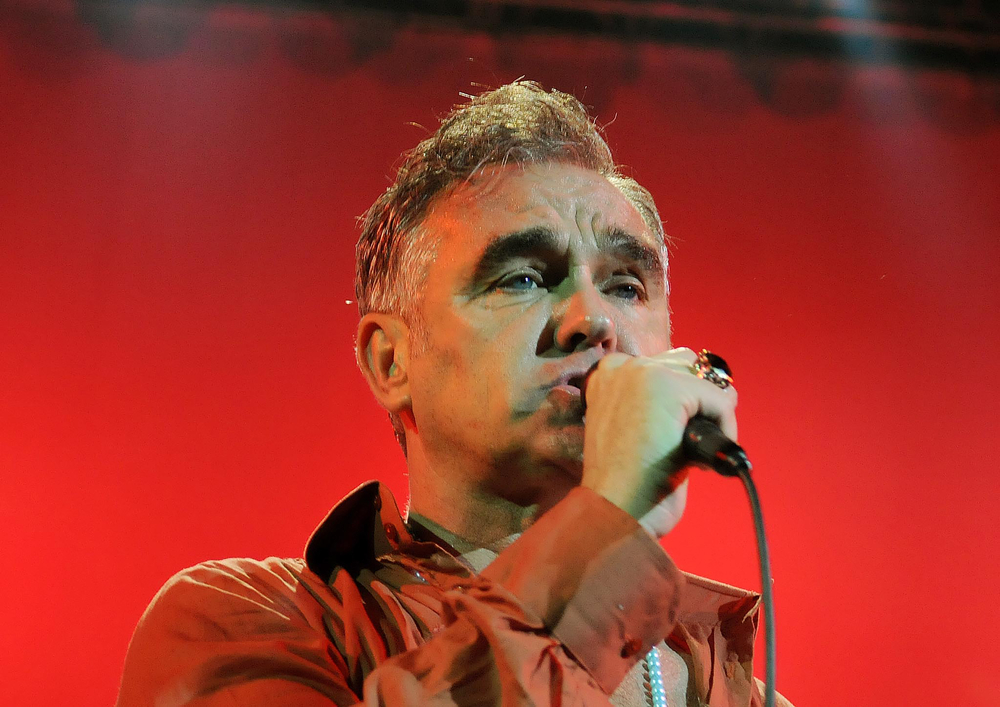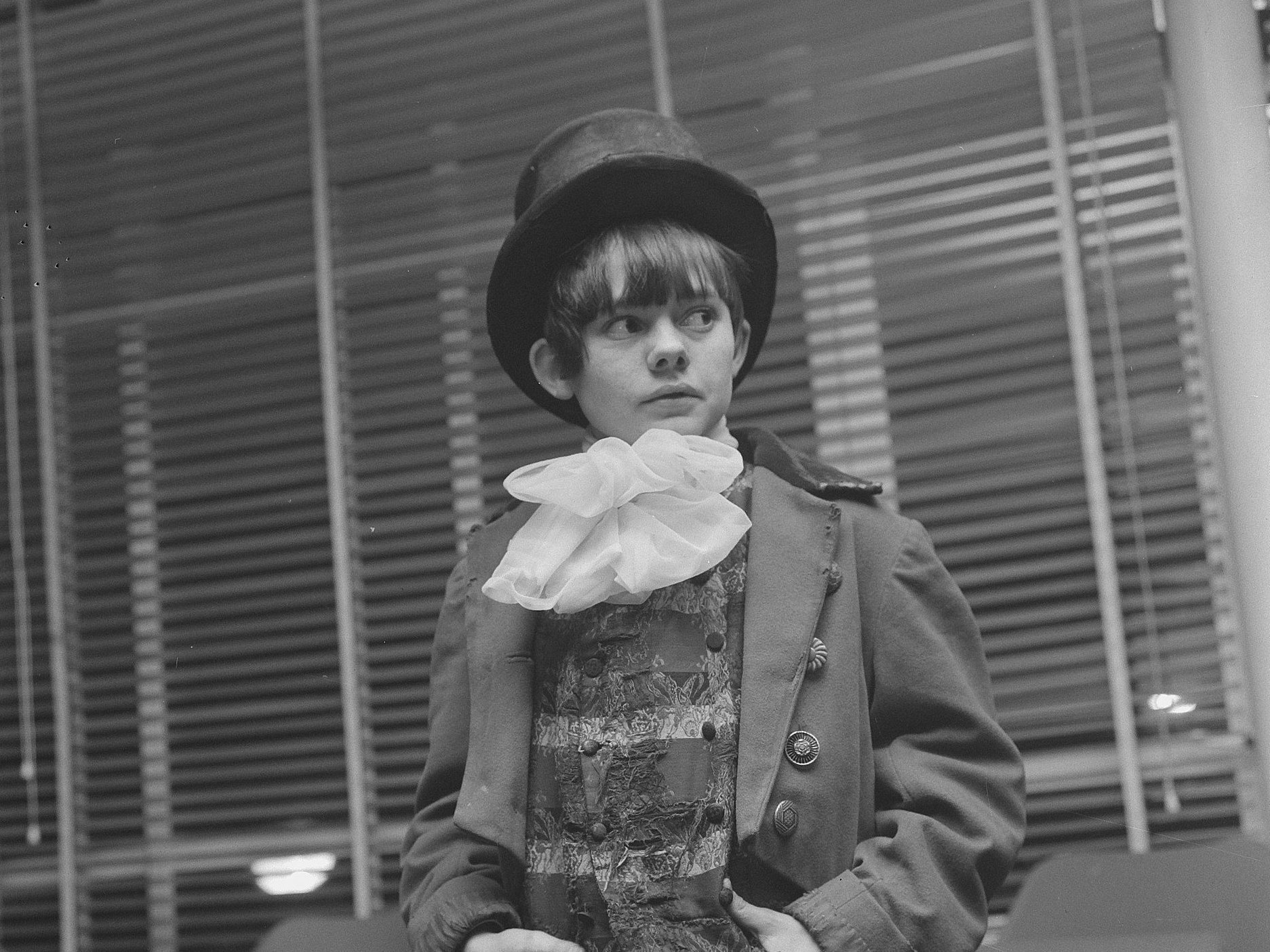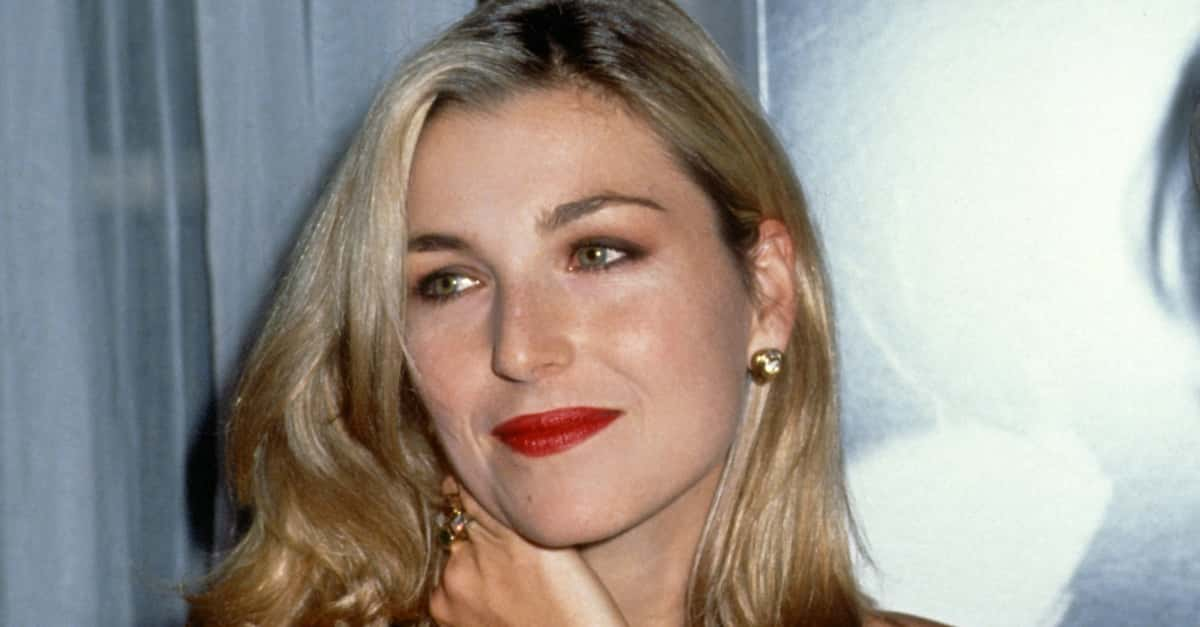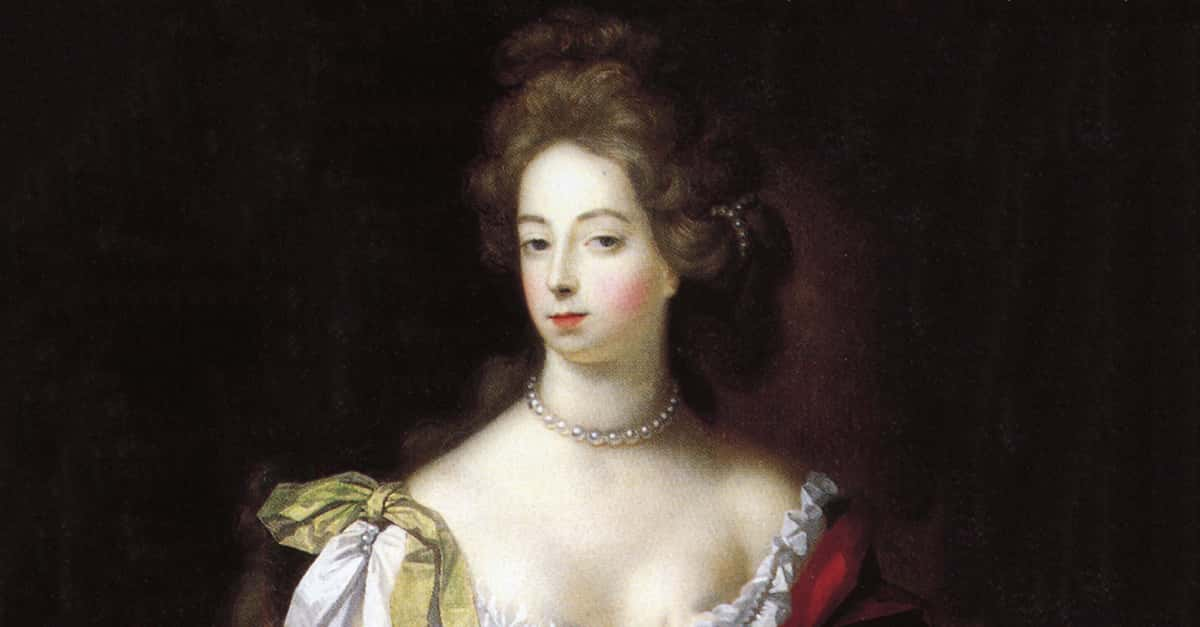The Curse Of The Artful Dodger
Like many child actors, Jack Wild discovered that stardom wasn’t all glitz and glamor—it came with a serious dark side.
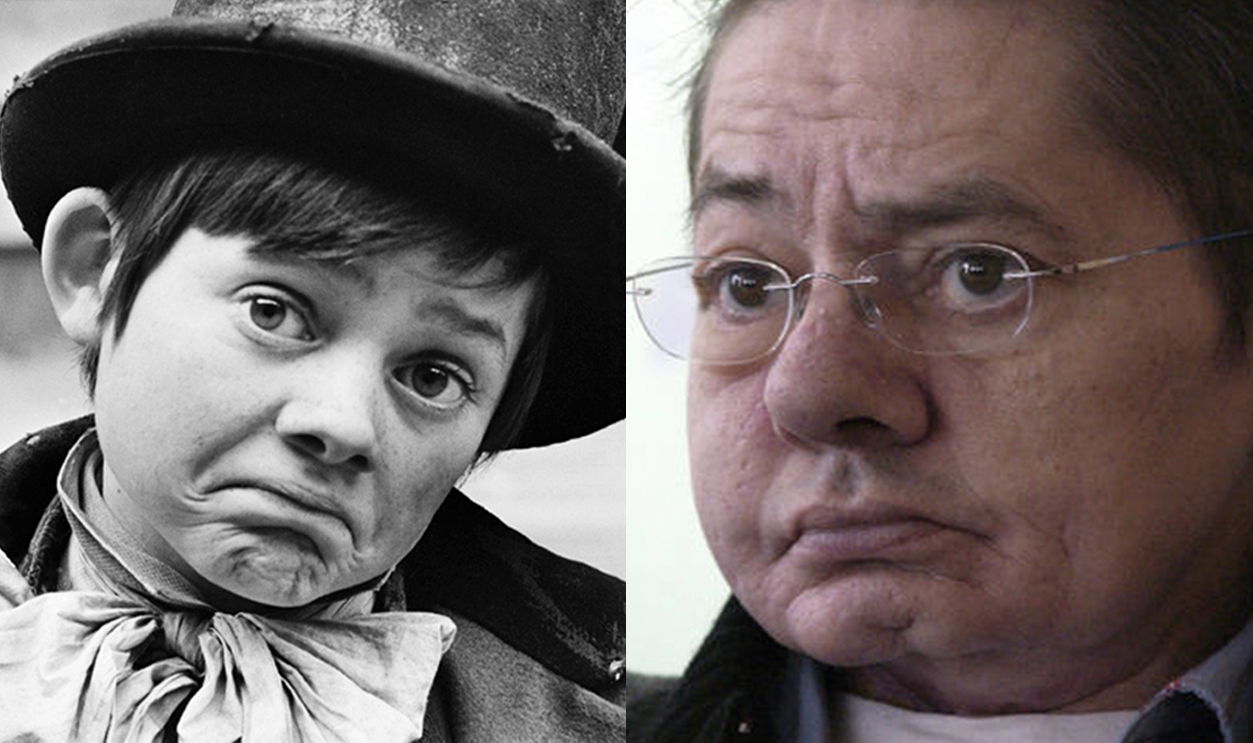
Factinate Video of the Day
1. His Poor Habits Started Young
From the 1960s to the 2000s, English actor Jack Wild created a charming, youthful persona, launching him into the spotlight. However, fame is fickle, and he learned it can take just as much as it gives. Developing unhealthy habits early on in his life, he would later recall that he started using nicotine at the age of 12.
On the upside, he did have some healthier hobbies.
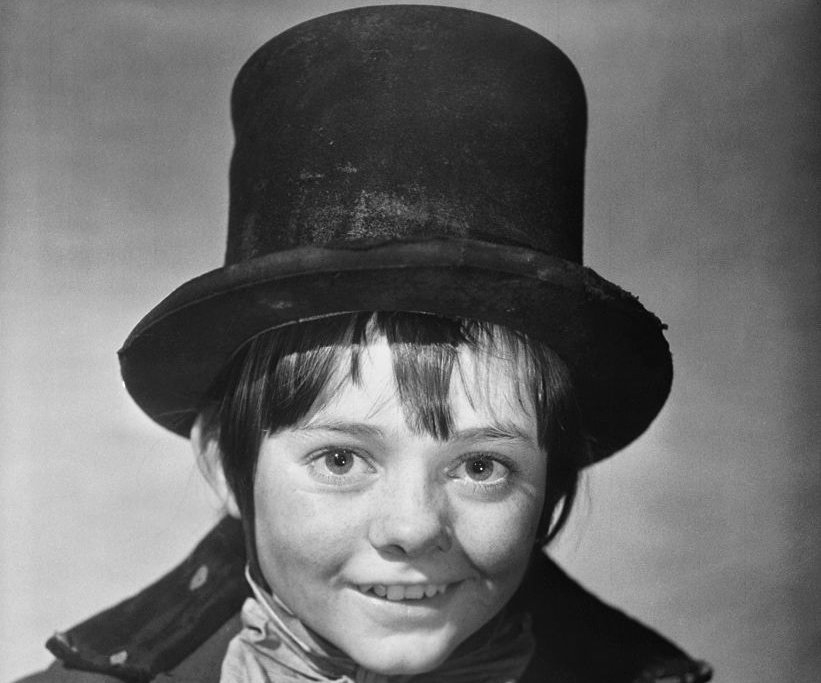 John Springer Collection, Getty Images
John Springer Collection, Getty Images
2. She Saw Their Potential
When he was 11 years old, Wild and his brother Arthur got their big break through an unlikely connection. While playing football with young musician-to-be, Phil Collins, his mother, June Collins, approached the two boys. Being a theatrical agent, she invited them to the Barbara Speake Stage School, which they accepted.
However, it wasn’t out of a passion for the work.
3. They Didn’t Care About Acting
While the Wild brothers had skeptically embraced acting, it wasn’t out of love for the craft. At first, they weren’t convinced, as they already had jobs delivering milk to support their family. However, they were told that show business might earn them more, so even when they started acting, it was first and foremost a job.
Luckily, it wasn’t long until this paid off.
4. His First Performances
Despite his later fame, Jack’s early gigs were less front and center. In 1964, he and his brother were in Oliver!, a West End production based on Oliver Twist. Wild auditioned many times for The Artful Dodger, but they told him was too short, instead being cast as Charley Bates.
It was actually his brother who landed the role of Oliver. But amidst this rejection, however, Wild found something else.
5. He Had A Fateful Encounter
Wild didn’t know it at the time, but he found a very special person during these early years. When he was 12, he first met Gaynor Jones, another young actor studying at the same Stage School. Although he left school two years later, he was lucky enough to meet her again in 1970, and they were happily married six years later.
But by the time he said "I do," Wild's career had exploded.
6. His Big Break
In 1968, after more stage work and a few smaller TV roles, Jack’s most successful job returned him to a very familiar story. He auditioned for the lead role in Carol Reed’s film adaptation of Oliver!, but by then he was too old to be the movie’s main character.
Instead, he was cast in the role that had eluded him many times before, The Artful Dodger. Even then, he wasn’t the perfect casting.
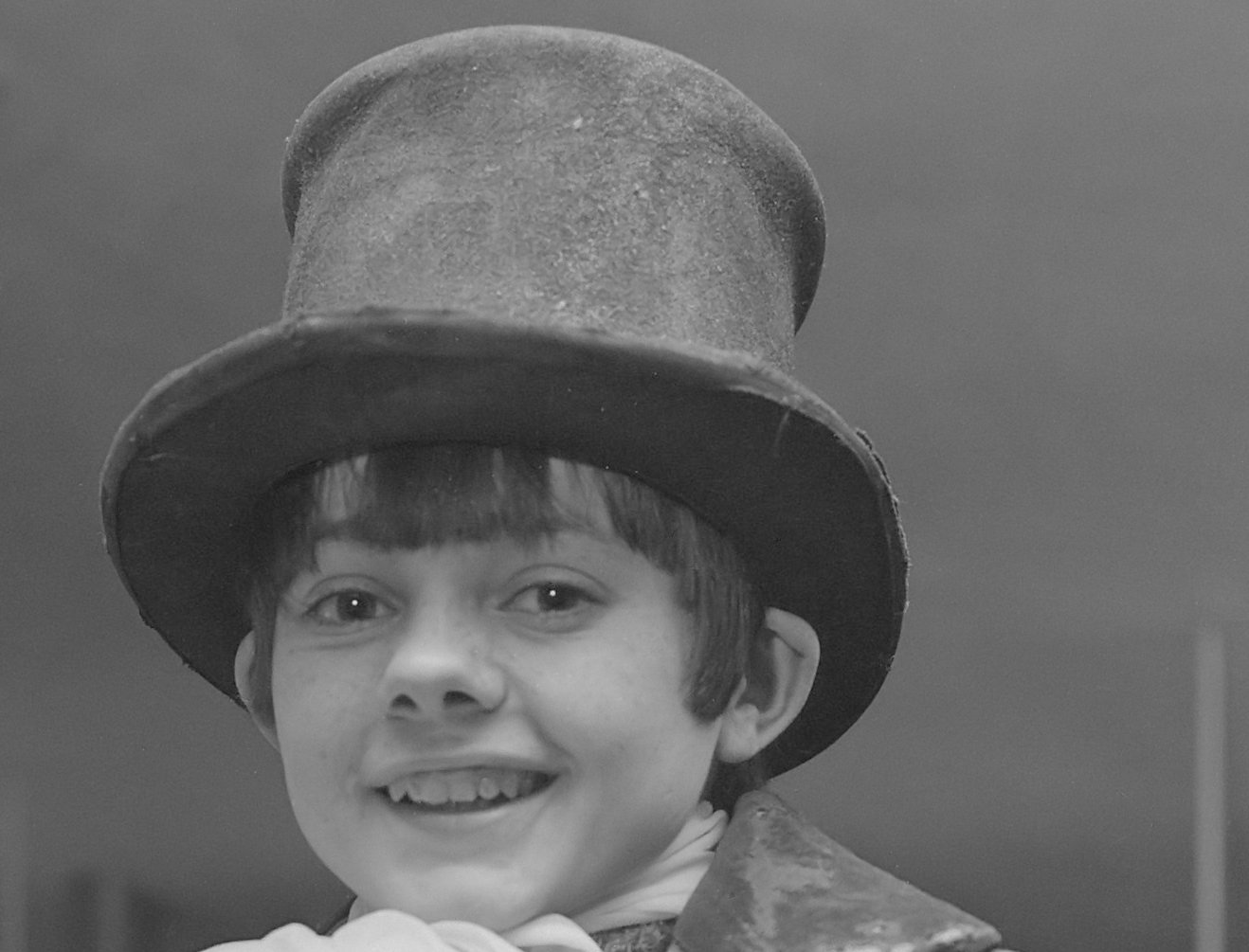 Joost Evers, CC BY-SA 3.0, Wikimedia Commons
Joost Evers, CC BY-SA 3.0, Wikimedia Commons
7. He Still Wasn’t Big Enough
Compared to his Oliver! co-star, Mark Lester, Wild still didn’t quite stack up. Even though he was finally cast as The Artful Dodger, the reason why it had taken so long remained—he just wasn’t tall enough. But this time, they came up with a workaround. Since he was shorter than Lester, who played Oliver, the filmmakers gave him special shoes to wear, making him taller.
But this wasn’t the only help he was given.
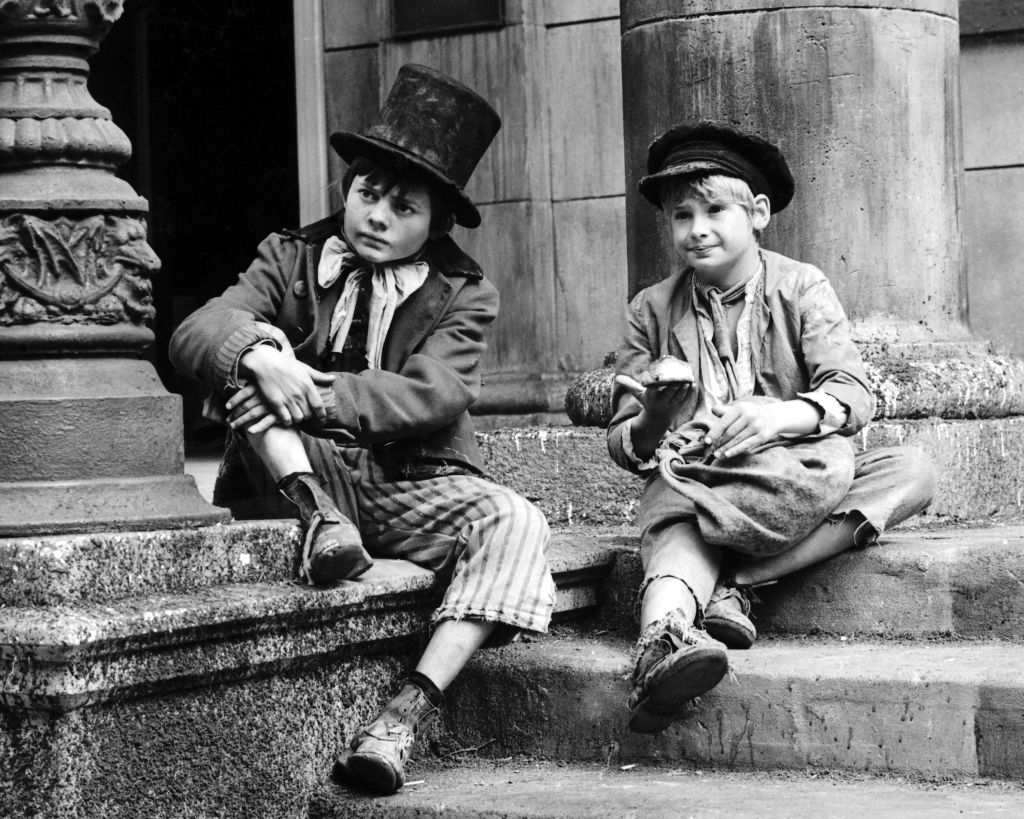 Silver Screen Collection, Getty Images
Silver Screen Collection, Getty Images
8. He Was Further Accommodated
Jack Wild’s height could be an issue even off-screen. Like most productions, the actors had monogrammed chairs to use behind the scenes. However, WIld was so small that the carpenters built a custom high chair with “Dodger Jack” printed across. Years later, Wild's widow, Claire Harding brought the one-of-a-kind piece on Antiques Roadshow.
As it turns out, this film kept on giving in many ways.

History's most fascinating stories and darkest secrets, delivered to your inbox daily.
9. He Gained Another Brother
As Oliver! was Wild's big break, it was also the beginning of his glowing reputation with his fellow actors. Even then, he was always seen as a charismatic and jovial person. The lead actor, Mark Lester, would talk about him endearingly and compare him to an “older brother”—a feeling that would endure throughout their lives.
Which of course only makes his fate all the more heartbreaking.
10. He Made Friends Everywhere
Wild had no problems creating long-lasting friendships with anyone. He found another enduring bond between himself and the actor who played Fagin in Oliver!, Ron Moody. Reflecting on their closeness, Moody fondly revealed how they referred to each other by character name, and compared him and Wild to Laurel and Hardy.
Even after the film was released, it was still rewarding.
11. He Had A Special Achievement
Following the release of Oliver!, Wild surprisingly received great acclaim despite not being the film’s lead. He was nominated for three different awards, including an Oscar, and even though he didn’t win any of them, he came back with something. Being 16 years old, he was the fourth-youngest Best Supporting Actor nominee in history.
Even before the ceremony started, he was feeling the love.
12. He Had A Warm Welcome
With Oliver!’s worldwide fame, the US was ready for Wild's arrival. Visiting LA for the Academy Awards, Wild was pleasantly surprised by a significant honor. A billboard had been put up with the words, “Hollywood welcomes Jack Wild” printed. But they didn't end up welcoming him quite as much as he would have liked...
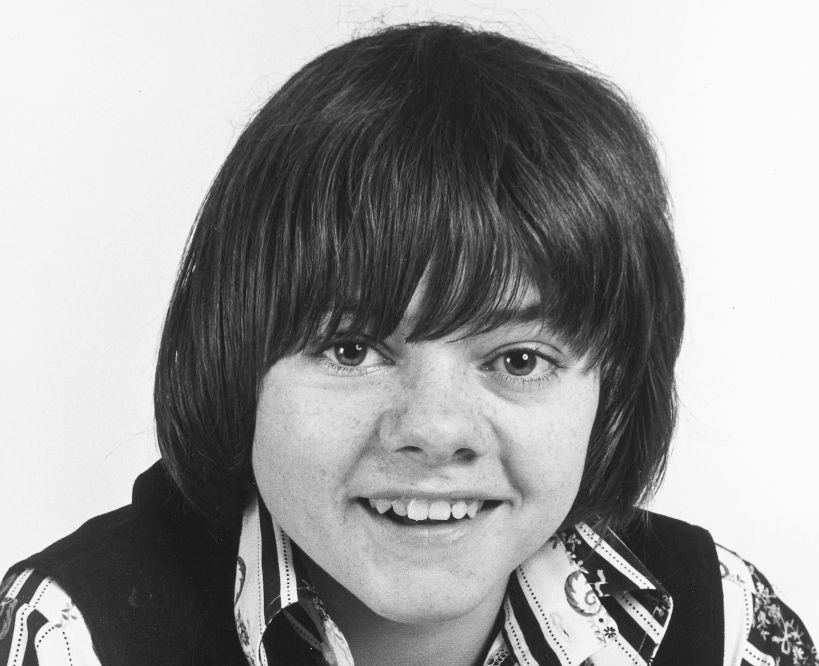 Silver Screen Collection, Getty Images
Silver Screen Collection, Getty Images
13. The Winner Apologized
Audiences endlessly praised Jack’s performance as The Artful Dodger, yet he didn't take home the award that night—but even his competition felt bad about it. The actor who ended up with the Oscar for Best Supporting Actor that year, Jack Albertson, stated he believed Wild should have won the award. He even went so far as humbly apologizing to the younger actor at the ceremony.
At the same time, he nearly had an even bigger Oscar moment.
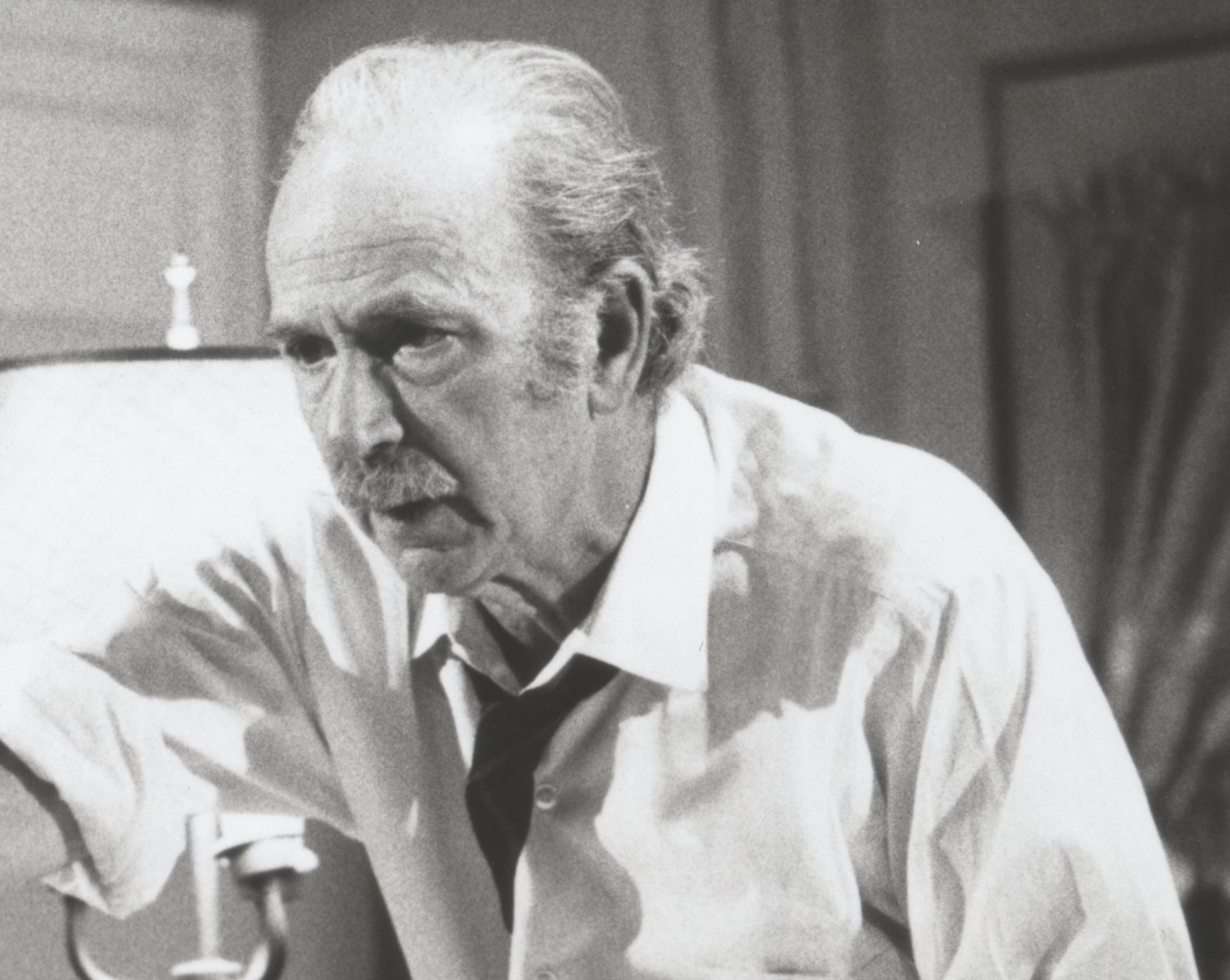 ABC Television, Wikimedia Commons
ABC Television, Wikimedia Commons
14. He Almost Performed
Seeing as acting wasn’t Jack’s only talent featured in Oliver!, he was offered a different part in the Oscars ceremony. Joining notable artists like Frank Sinatra on the show’s docket, Wild was asked to perform a song written by Henry Mancini. Wild insistently refused, however, as he had no interest in learning yet another song.
However, this wouldn’t be his final moment in the spotlight. The siren song of Hollywood entranced Wild—and he had no idea what he was getting himself into.
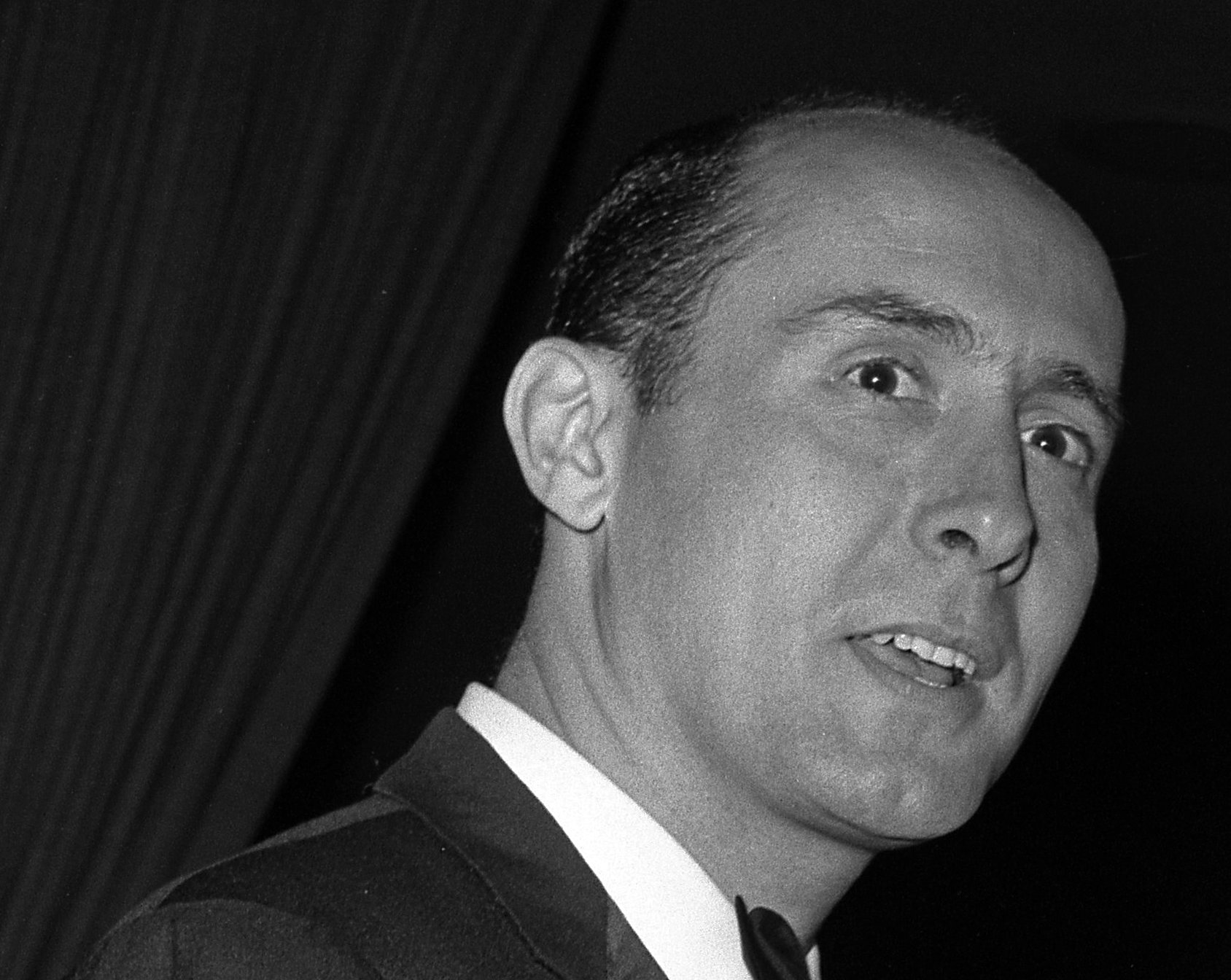 Los Angeles Times, CC BY 4.0, Wikimedia Commons
Los Angeles Times, CC BY 4.0, Wikimedia Commons
15. He Had Success On Television
In 1969, Jack starred in NBC’s HR Pufnstuf, a magical series about a boy who arrives on a strange island and meets its zany residents. It ran for one season and spawned a film, but it also launched Wild further into fame and wealth and made his name popular in America. Still, this sort of role frustrated him for one reason.
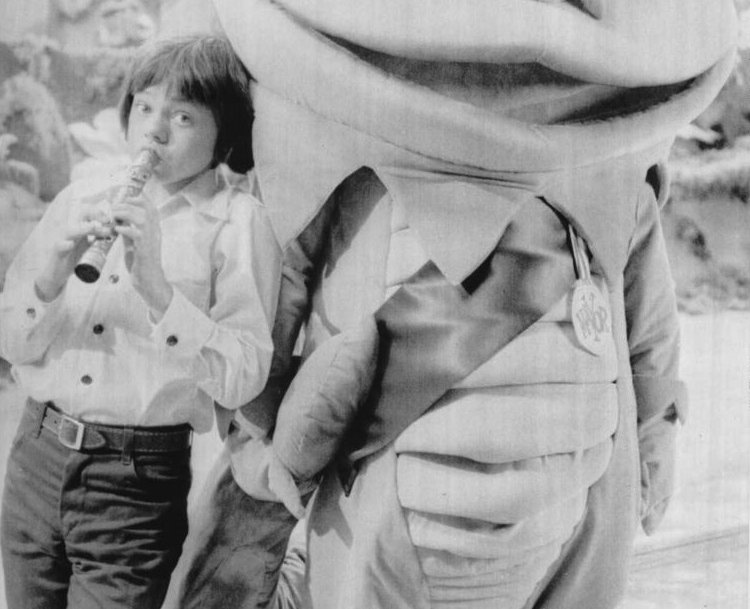 NBC Television Network, Wikimedia Commons
NBC Television Network, Wikimedia Commons
16. He Was Annoyed At How He Was Cast
Throughout his career, Wild grew irritated at what he felt was typecasting. Due to his youthful face and short stature, he kept getting offered to play young boys, even when he wasn’t anymore. He later revealed that, while the roles were fun, it peeved him when he got older and was “21 being offered the role of a 13-year-old”.
Thankfully, acting wasn’t his only calling.
17. He Started Another Career
Like many actors, Wild took his range of skills in another direction and became a multi-hyphenate. From 1970 to 1972, he partnered with Capitol Records and Buddah Records to start his career as a recording artist. In that time, he released three albums and three singles—with his song, “Some Beautiful” being the most popular.
He had made a name for himself in many ways.
18. He Was Adored By Many
By the mid-1970s, Jack Wild was well-known in his home country and the US. The mixture of his charm, growing star power, and branching talents had turned him into a beloved icon among young actors. Along with the likes of Barry Williams and David Cassidy, the press labeled him a teen heartthrob—a status that suited him just fine.
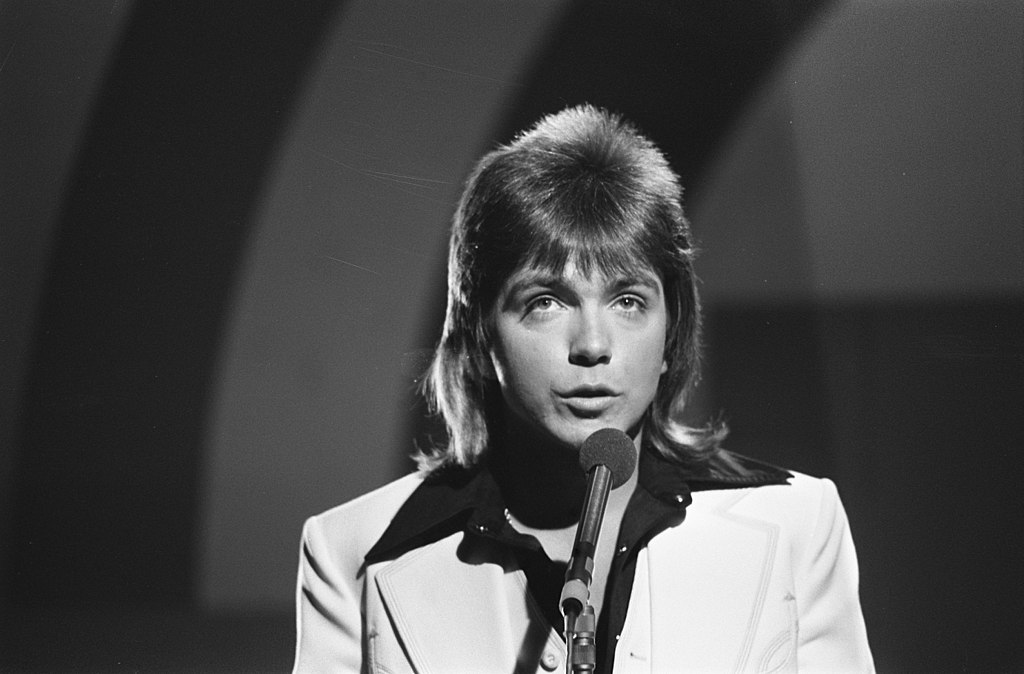 Nationaal Archief, Wikimedia Commons
Nationaal Archief, Wikimedia Commons
19. He Had It All
At his peak, Jack Wild had everything money could buy. Oliver! and HR Pufnstuf had made him a millionaire by the time he was 20, and he was all too eager to use his surplus of cash. He always had hand-made suits, the best table at any restaurant, never had to drive himself anywhere, and could get anything he ever wanted.
He was on top of the world—which only meant he had that much further to fall.
20. He Got Older
For all the success that his status as a child star and a teen heartthrob earned him, Wild wouldn’t stay relevant for long. As he started to look older, the film and TV industries couldn’t decide how he fit anymore. Consequently, as the years passed, he received fewer offers and spent more and more time unemployed.
This is when his life took a dark turn.
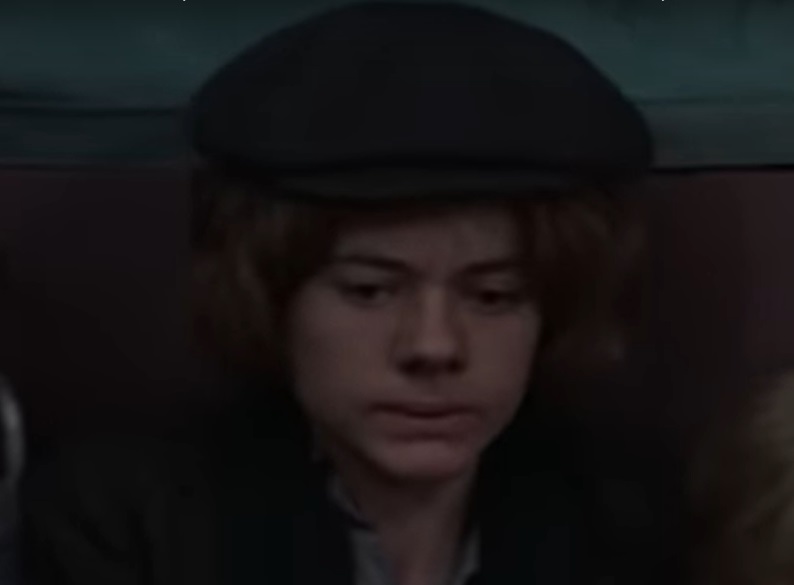 Columbia, Flight of the Doves (1971)
Columbia, Flight of the Doves (1971)
21. He Fell Into A Worse Lifestyle
As the number of acting jobs decreased, Wild took up an unhealthier habit. According to him, since he wasn’t working, he spent all of his time drinking. This became a decades-long cycle of drinking, vomiting, and passing out. Even when he was able to book jobs, he ensured that his car trunk was always full of fresh bottles.
This was just the beginning of his descent.
22. He Pushed Everyone Away
Where Wild had looked for fulfillment at the bottom of a bottle, he found loneliness. His behavior drove his friends away, and even though his wife had pestered him to stop drinking, he ignored her. The only people left around him were those he paid, who couldn’t keep him from his more harmful tendencies.
It didn’t help that he was irresponsible in other areas as well.
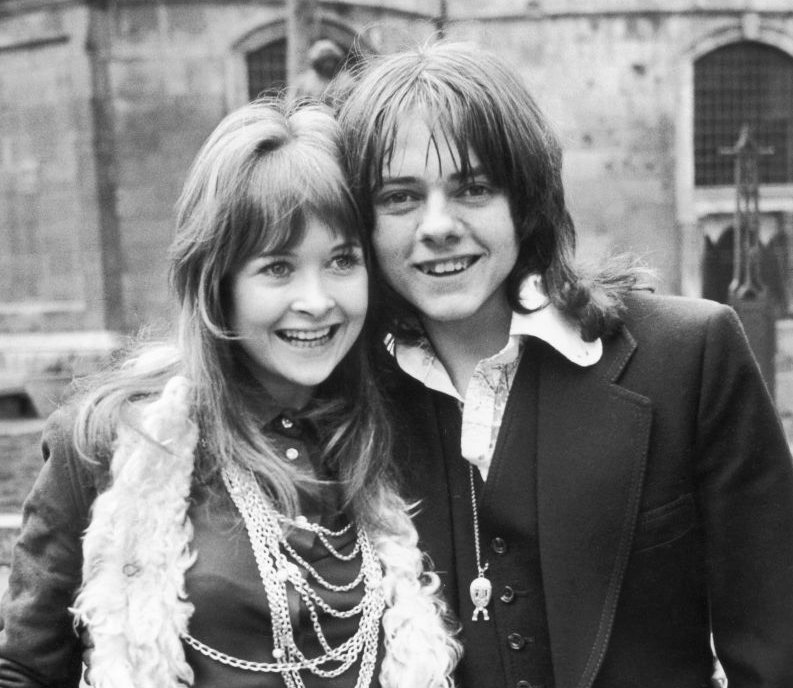 Frederick R. Bunt, Getty Images
Frederick R. Bunt, Getty Images
23. Things Became Tight
Being so rich at a young age hadn’t prepared Wild for managing that kind of wealth. Early on, he generously bought houses and cars for his various family members. However, soon, all his money went to the bottle. Eventually, even when he was out of money and work, he registered for unemployment benefits—just to spend them on more booze.
However, he was at risk of losing much more than money.
24. He Was Warned
By the late 1970s, Wild's dangerous drinking had started taking a terrible toll on his health. After visiting his doctor, he was given the diagnosis of acute pancreatitis, directly linked to his drinking. Furthermore, his doctor told him bluntly that if he continued to drink, it would be the end of him.
Thankfully, he didn’t ignore this advice—though he didn't exactly follow it either.
25. He Tried To Give It Up
Jack greatly suffered from addiction, but still fought it throughout his life. Told to stop drinking entirely, he decided that cutting out spirits was enough—but even this didn’t last. He was able to achieve periods of sobriety, once even staying dry for nine months, before one bad friend irresponsibly pressured him into relapsing.
He was due for a wakeup call—and he got one.
26. His Drinking Almost Destroyed Him
Wild was only in his 30s, but the damage of his indulgent lifestyle was swiftly catching up to him. Aside from his acute pancreatitis and several extended hospital stays, his health issues finally came to a severe culmination when he suffered from a cardiac arrest.
He thankfully survived, but his trials and tribulations were far from over.
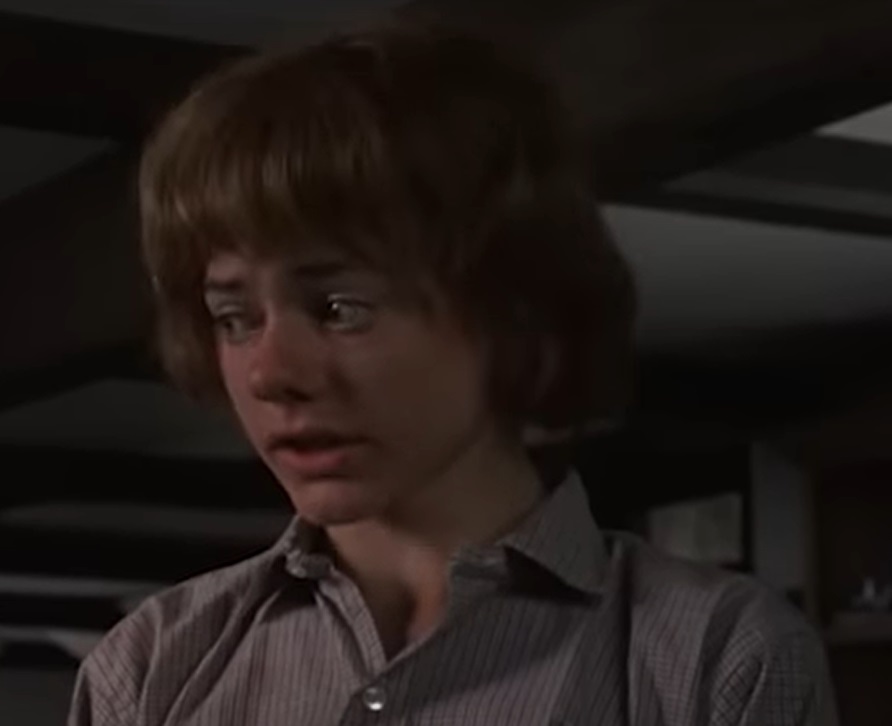 Columbia, Flight of the Doves (1971)
Columbia, Flight of the Doves (1971)
27. His Medical Issues Piled Up
Through continued damage to his body and a disastrous health scare, Wild continued disregarding his many wake-up calls. His heart gave out two more times in subsequent years, and he was eventually diagnosed with diabetes in 1983.
To make things worse, it wasn’t just his physical health that was quickly deteriorating. His mind was starting to go as well.
28. It Affected His Mind
He continued his work for a while, but his addiction affected his mind more and more. While rehearsing a pantomime performance in 1985, he began hallucinating that gangsters from the East End were coming to get him. He claims he was terrified, he worried his heart would stop again, and this time he wouldn't wake up.
He was later committed to a hospital under the Mental Health Act. Still, he wasn’t completely resigned to his addiction.
29. He Asked For Help
Through his struggles with alcoholism, Wild wasn’t completely reliant on himself. Unlike many similar people, he seemingly had no qualms about seeking outside help. In the mid-1980s, he went to a clinic intended for alcoholics and addicts, with the focus of “drying out” their patients.
But nobody's perfect—and Jack Wild was maybe even less perfect than most.
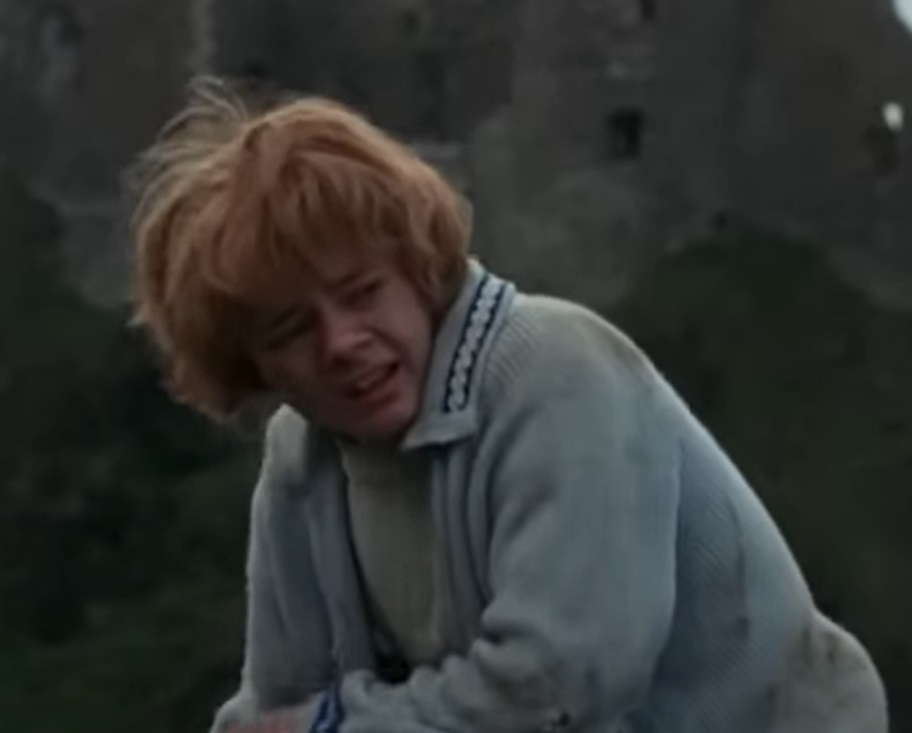 Columbia, Flight of the Doves (1971)
Columbia, Flight of the Doves (1971)
30. He Quickly Reversed
Jack’s sporadic ups and downs continued, even after trying to get help. After going through this “drying-out clinic,” he was actually successful in staying sober...for six weeks. However, when he accomplished this, he bought a bottle of champagne to commemorate the achievement, and he fell right off the wagon again.
He simply would not quit this dangerous lifestyle—but at least he wasn’t proud of it.
31. He Was Careful About His Image
Unlike other celebrities who may have had similar issues to Wild, he was never one to promote the detrimental lifestyle that he was a part of. In fact, he was always very conscious about who would possibly see him drink and smoke. He honorably refused to do these things in public, to avoid having his young fans emulate him.
But as if he hadn't endured enough, another devastating loss behind the scenes would soon threaten to send him spiralling.
 Columbia, Flight of the Doves (1971)
Columbia, Flight of the Doves (1971)
32. His Drinking Took Another Toll
Grappling with his most dreadful moments, Wild lost more than his ability to work. After a rough nine-year marriage, his wife—Gaynor Jones—filed for a heartbreaking divorce in 1985. Given clarity, even Jack would later admit that her leaving was largely due to his drinking.
In a silver lining, he turned a corner soon after.
33. He Hit Rock Bottom
Jack Wild himself believed that he finally hit rock bottom by the end of the 1980s. Desperate and broken, he had lost his job, fortune, and wife, before finally seeing only one option: In 1989, through an alcoholics support group, Jack triumphantly became sober once and for all. Thankfully, his career wasn’t totally over.
34. His First Sober Role
Although his career never reached the illustrious heights it had before, Jack returned to what he had truly fallen in love with: performing for people. By 1991, he was able to act alongside Kevin Costner in Robin Hood: Prince of Thieves, and he also secured a few television roles. Alongside these jobs, he also returned to his roots.
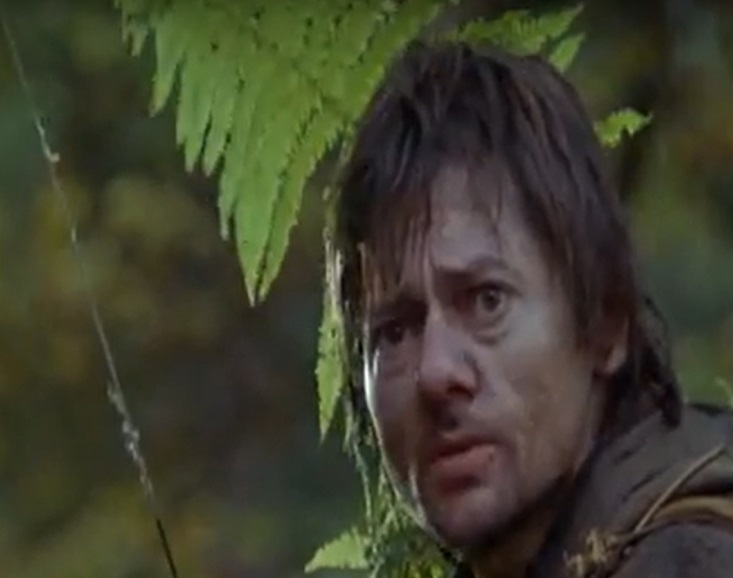 Warner Bros., Robin Hood: Prince of Thieves (1991)
Warner Bros., Robin Hood: Prince of Thieves (1991)
35. His Later Career
While his return to the entertainment industry didn’t contain many on-screen gigs, he was content to pick back up with the medium that started it all. Aside from some smaller roles, he was cast in a London production of The Wizard of Oz, playing The Cowardly Lion. In stage acting, though, he had a particular set of skills.
36. He Was A Specialized Performer
When Jack was young and still regularly performing on stage, he became famous with audiences for his magnificent gift of pantomime. Now, returning to his stage work so many years later, he brought his gift back in shows like Aladdin and Jack and the Beanstalk.
And as the good news started piling up, the latter of these performances would lead to something even more special.
37. He Met Another Special Someone
While pantomiming in 1995, Jack developed a lovely connection with one of his cast members. While working on Jack and the Beanstalk, Wild met Claire Harding. She initially expected him to be arrogant, but to her surprise, she quickly grew fond of him instead.
They were together for the next 10 years—but Wild couldn't outrun his past forever.
 Columbia, Flight of the Doves (1971)
Columbia, Flight of the Doves (1971)
38. He Received Devastating News
Despite his extraordinary strides to overcome addiction, the damage to Wild's health had been done. He tragically was diagnosed with oral cancer in 2001, an illness he had never even heard of.
He preferred not to dwell on his sickness—but that doesn’t mean he didn’t put up a fight, which required some drastic measures.
39. He Had A Life-Altering Operation
Wild’s long battle with cancer involved some harsh decisions. After a grueling bout of chemotherapy, which was unsuccessful, he underwent a harrowing surgery in 2004 which removed both his tongue and his voice box. After this, he lost his ability to speak.
But even with his illness, Wild tried to do as much good as he could.
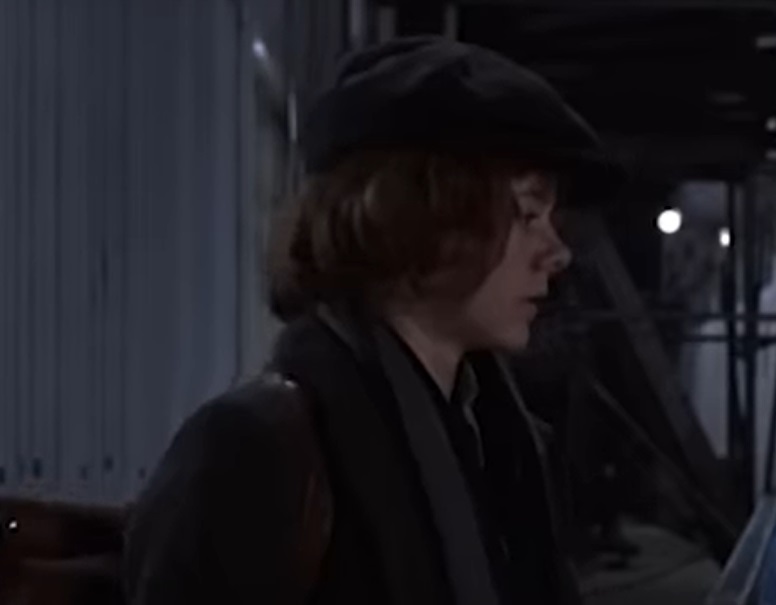 Columbia, Flight of the Doves (1971)
Columbia, Flight of the Doves (1971)
40. He Was Still Generous
Wild didn’t like to acknowledge his condition when it was up to him, and often didn’t consider himself ill, but he was still affected by it. One of the more positive things to come out of his sickness was his fervent support of others in similarly dire situations, becoming an eager advocate of the charity, Cancer Research UK.
Wild also never let his illness stop him from doing what he loved.
41. He Still Worked
Wild persevered and continued to perform for others, even in the later years of his horrible illness. His long-held passion for entertaining the masses remained and he returned once again to stage performance. In his condition, however, all his roles needed to be non-speaking. One such performance was especially considerate.
 Columbia, Flight of the Doves (1971)
Columbia, Flight of the Doves (1971)
42. One Role Was Written Around Him
Regarding Jack’s later work, both on-screen and off, one thoughtful silent role stood out from the others. For his performance as Baron Hardup in the 2005 Worcester production of Cinderella, he was already so beloved that it was written around his condition. He mimed the entire character and everyone praised his performance.
This wouldn’t be his last impactful role, however.
43. He Came Full Circle
Jack’s final on-screen role gave him one more unexpected blessing as his health declined. In 2005, he was cast in a low-budget thriller, Moussaka & Chips. Still in a non-speaking role, Jack was joyfully reunited with a familiar face. Ron Moody, the actor who played Fagin in the Oliver! film, once again became his co-star.
Even beyond work, he still found happiness in other ways.
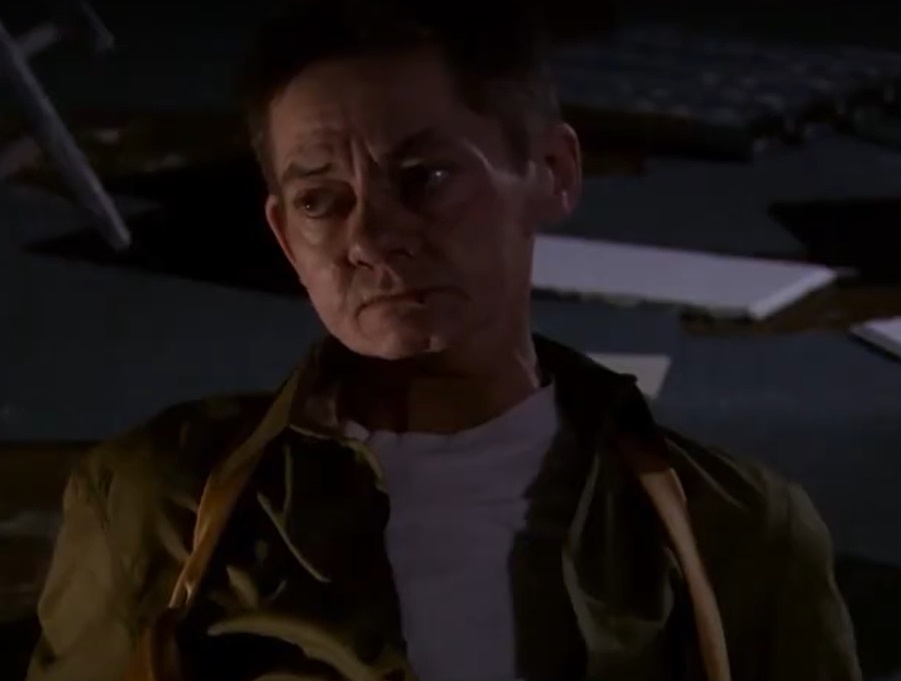 Empire, Moussaka & Chips (2005)
Empire, Moussaka & Chips (2005)
44. They Sealed The Deal
After being together for ten years, Jack and Claire finally made their loving bond to each other official. In the fall of 2005, the two of them married which, according to his wife, was never a decision that his illness played into. Rather, they agreed on this choice because they were “completely committed to each other”.
Having found fulfillment elsewhere, he was able to reflect on his life.
45. He Knew The Cause
Despite the less advanced healthcare when he was young, and how others around him had unabashedly enjoyed similar lifestyles, Wild had no delusions about his condition. Near the end of his life, he reflected on his past and knew his heavy nicotine usage and drinking had regretfully created a path of inevitable destruction.
Still, he didn’t think it was preventable.
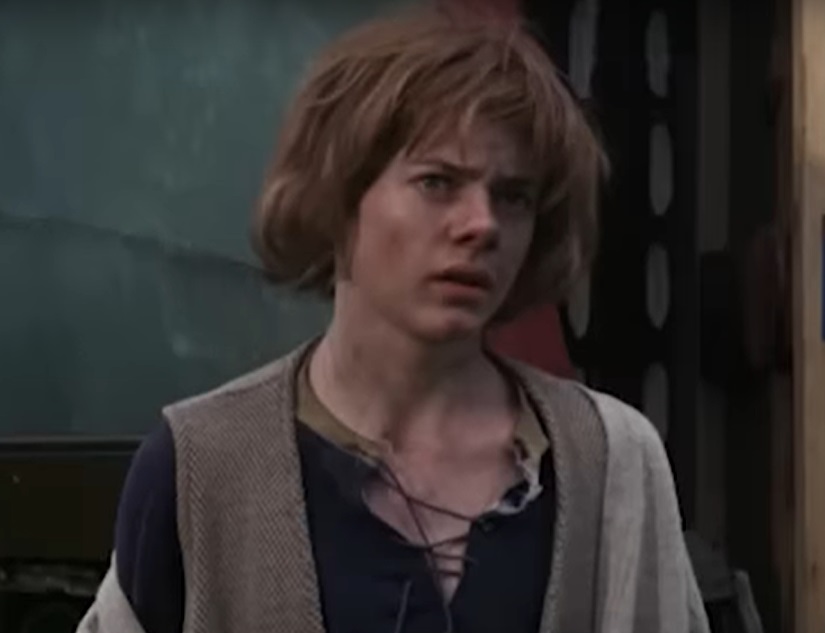 Columbia, Flight of the Doves (1971)
Columbia, Flight of the Doves (1971)
46. He Believed It Was Unavoidable
Wild knew he had effectively caused his illness, but he still categorically disagreed with a popular opinion. Many attributed his alcoholism and other issues to childhood stardom, but he wasn’t convinced. According to Wild, he believed that no matter what, something was in his genes that would have always led him to this.
At the same time, he did recognize that his childhood was far from perfect.
47. He Warned Others
Aside from a desire to keep young people from copying his lifestyle, Jack adamantly cautioned others like him. In the early 2000s, he wrote to Daniel Radcliffe, who had just booked Harry Potter. In this heartfelt letter, he congratulated the young star and emphatically warned Radcliffe of making the same mistakes as him.
Of course, every story has an end.
 Everett Collection, Shutterstock
Everett Collection, Shutterstock
48. His Illness Caught Up To Him
Unfortunately, the chemotherapy and operations were unable to rid Wild of his insidiously persistent cancer. In March of 2006, he sadly passed at the age of 53, after spending his final moments at home. He is remembered by the many co-stars and family who loved him and was given a tribute at the 79th Annual Academy Awards.
There might also be an unexpected piece of his legacy.
49. He May Have Inspired A Song
Beloved in life, Jack Wild significantly inspired those around him, and many who never even met him. While it’s debated that this was about Malcolm McFee, many believe Wild inspired the Morrissey song, “Little Man, What Now?” The song illustrates a child star, specifically his large impact on audiences despite his obscurity.
50. There Was An Oscars Mishap
Jack Wild may not have won an Oscar, but he thought he did for one excruciatingly embarrassing moment. At that year’s Academy Awards, he was told of a definite chance he would win Best Supporting Actor. So when his nomination was announced, he mistakenly got up to accept.
When he realized his mistake, he quickly sat back down—but everyone noticed.

